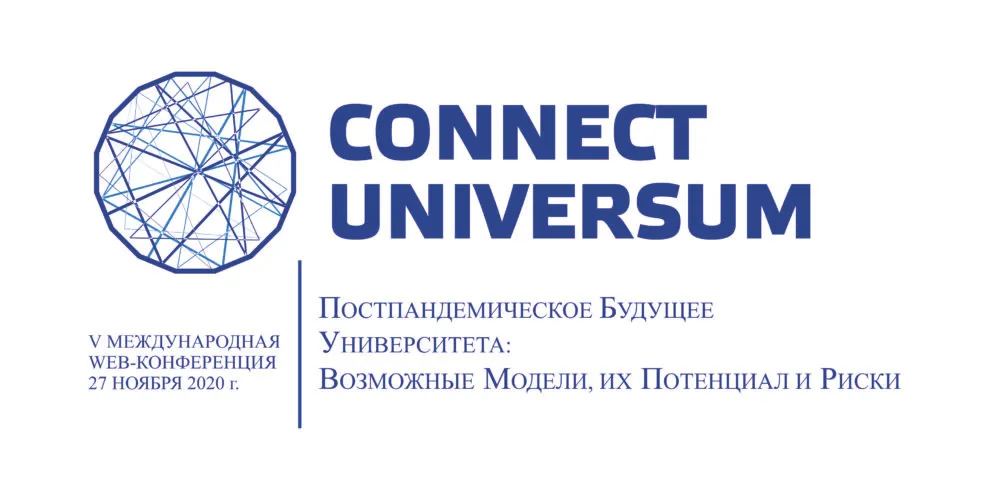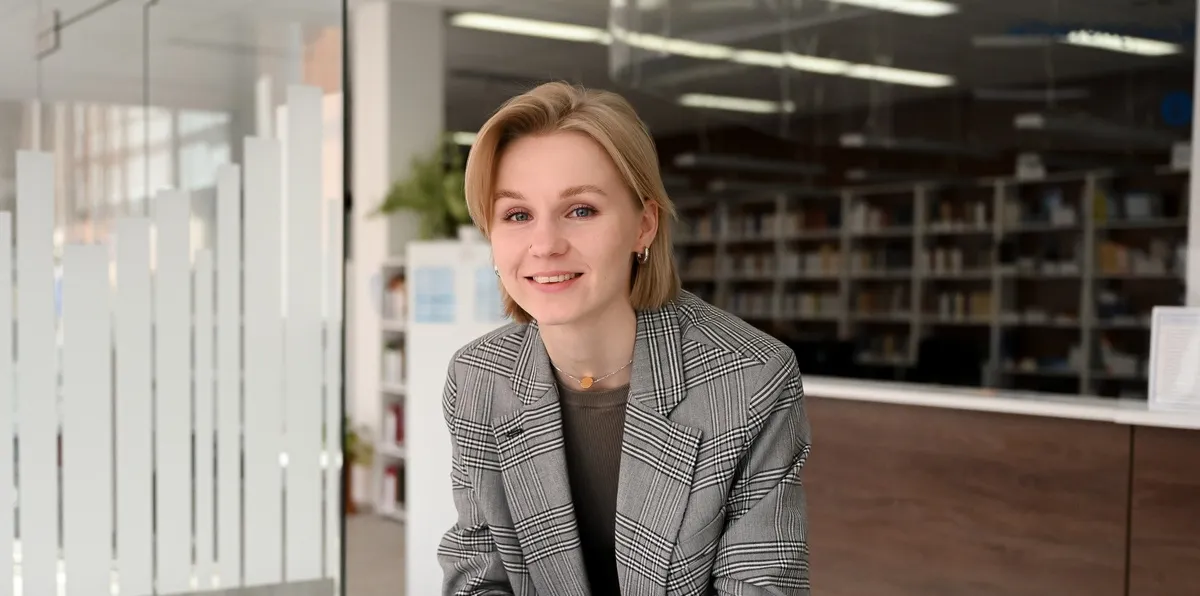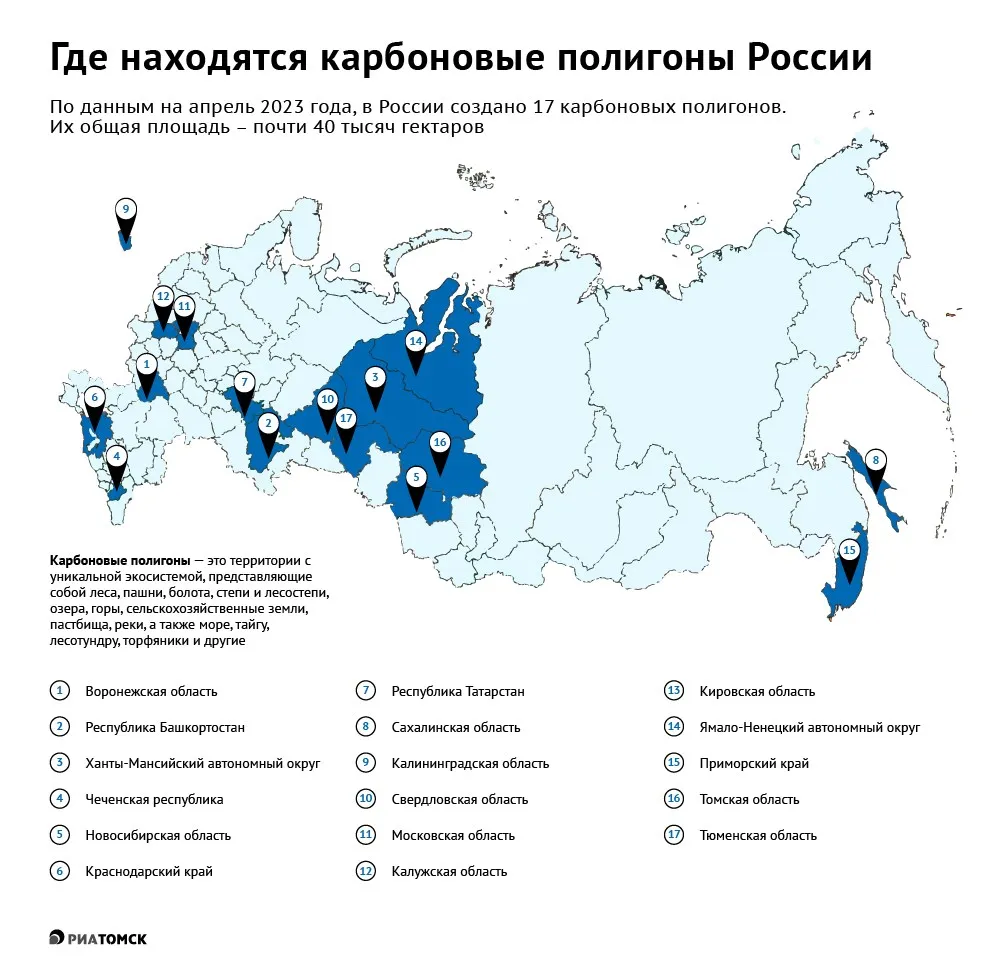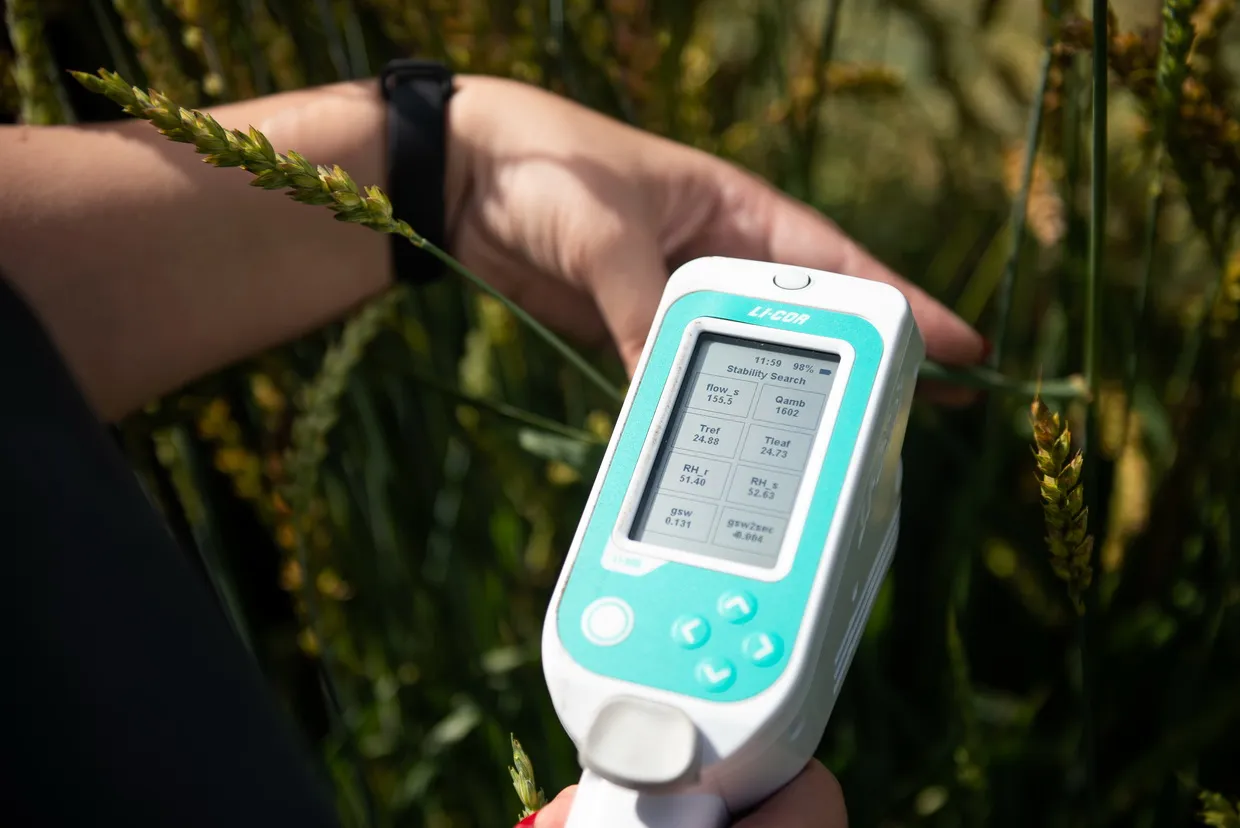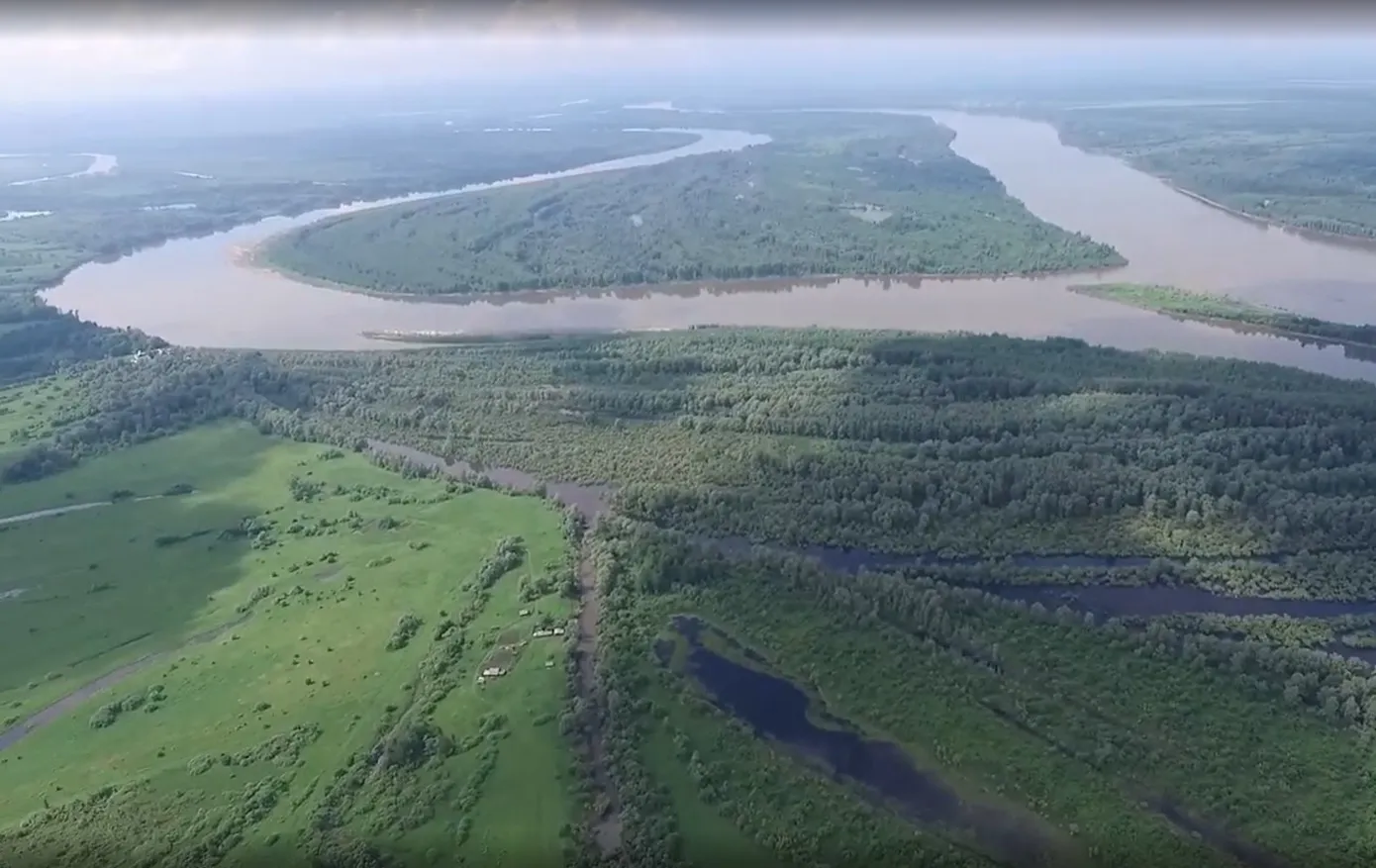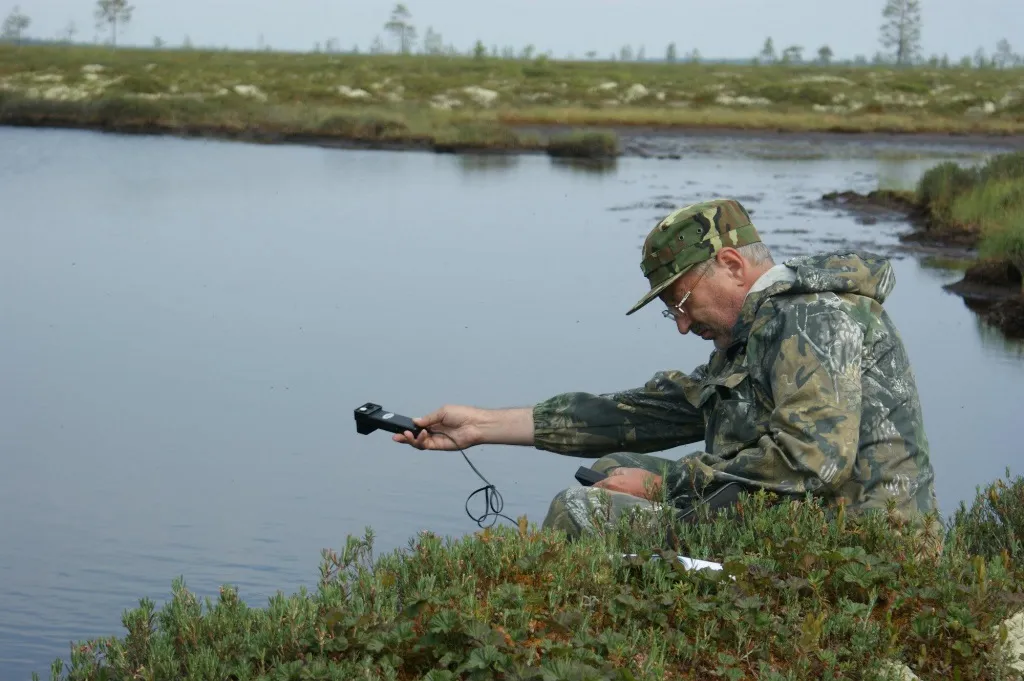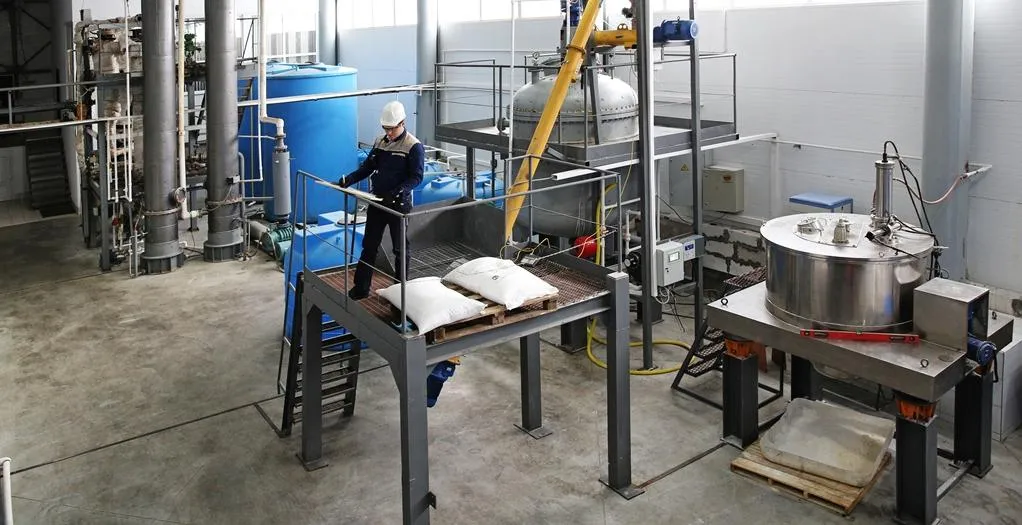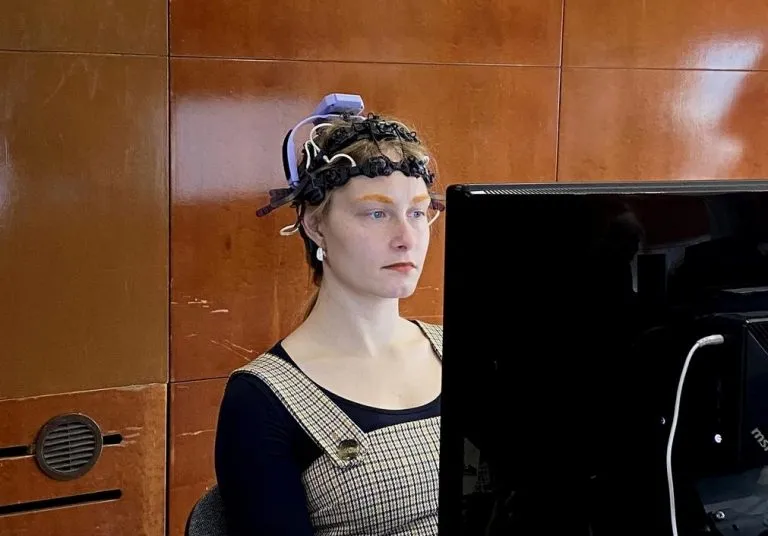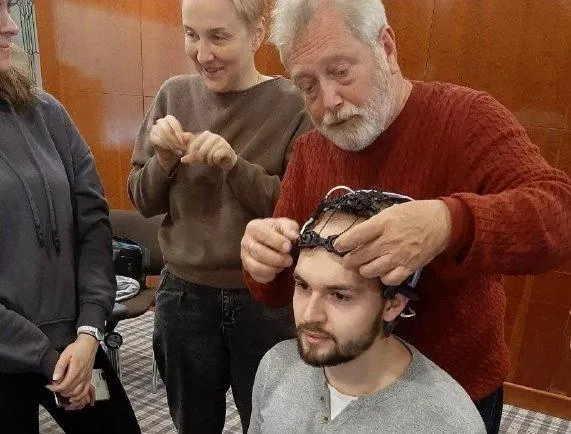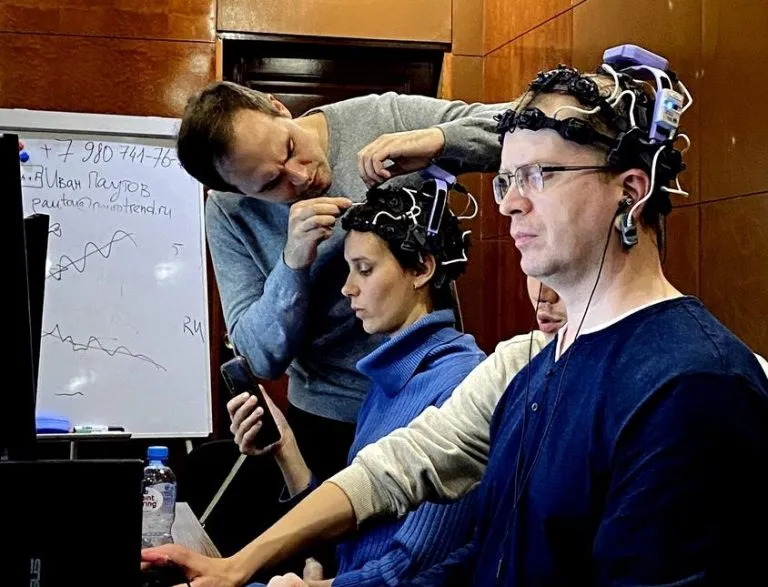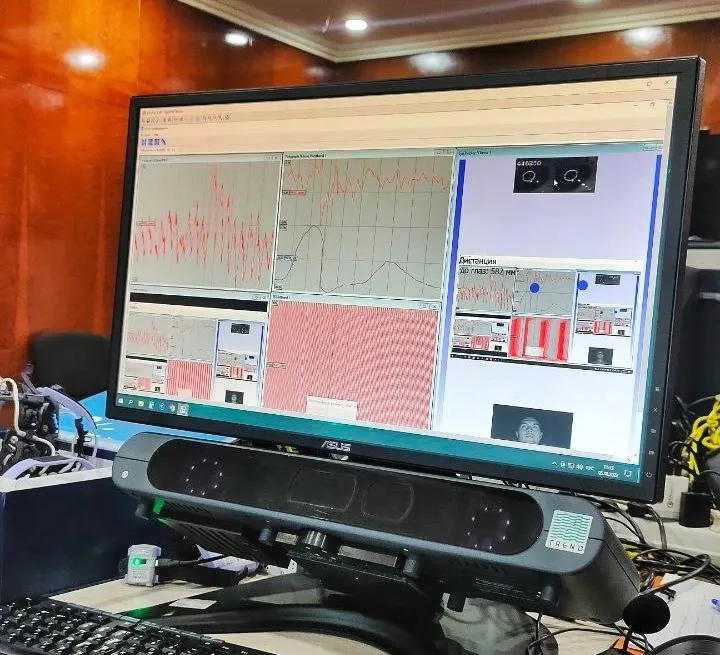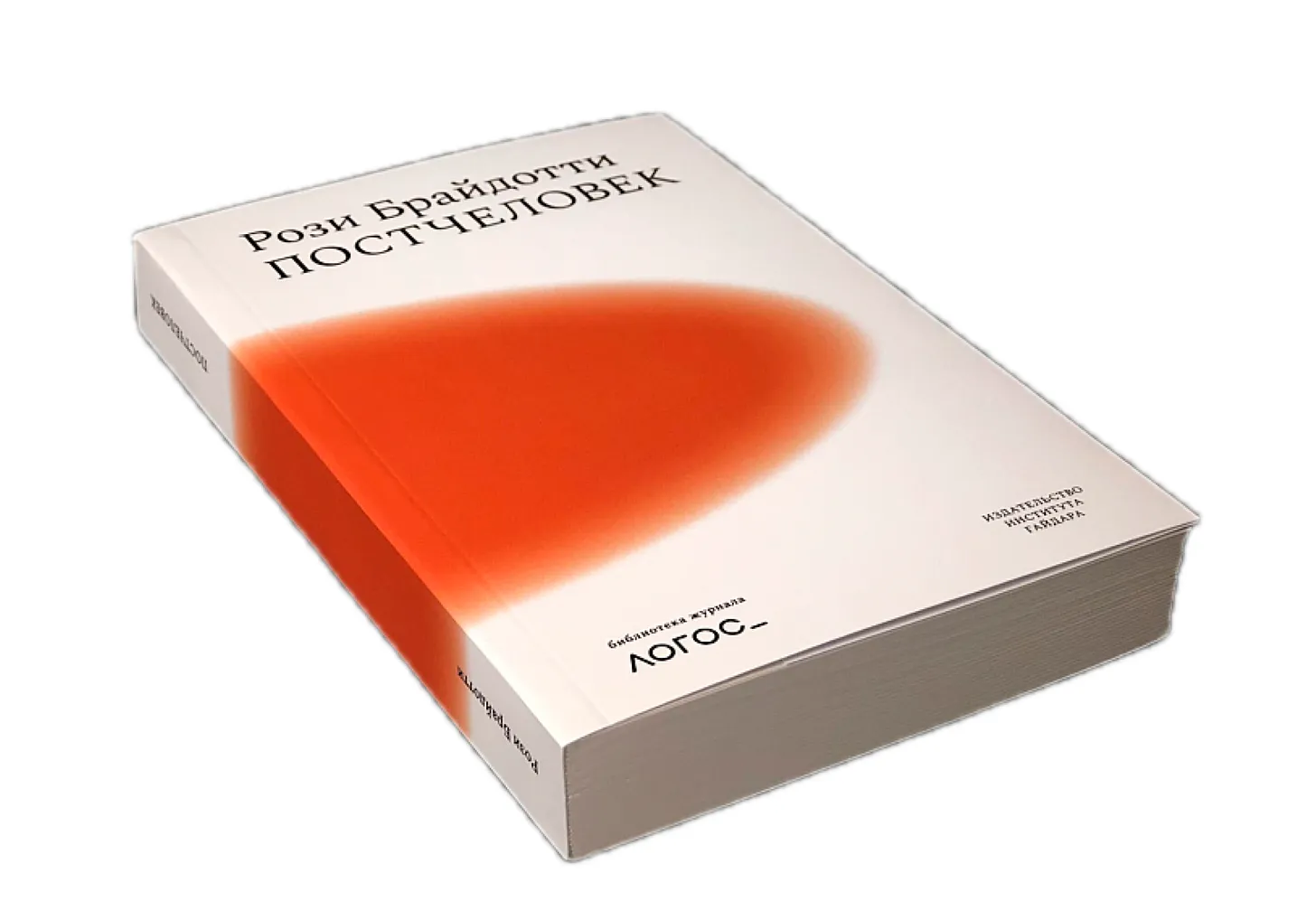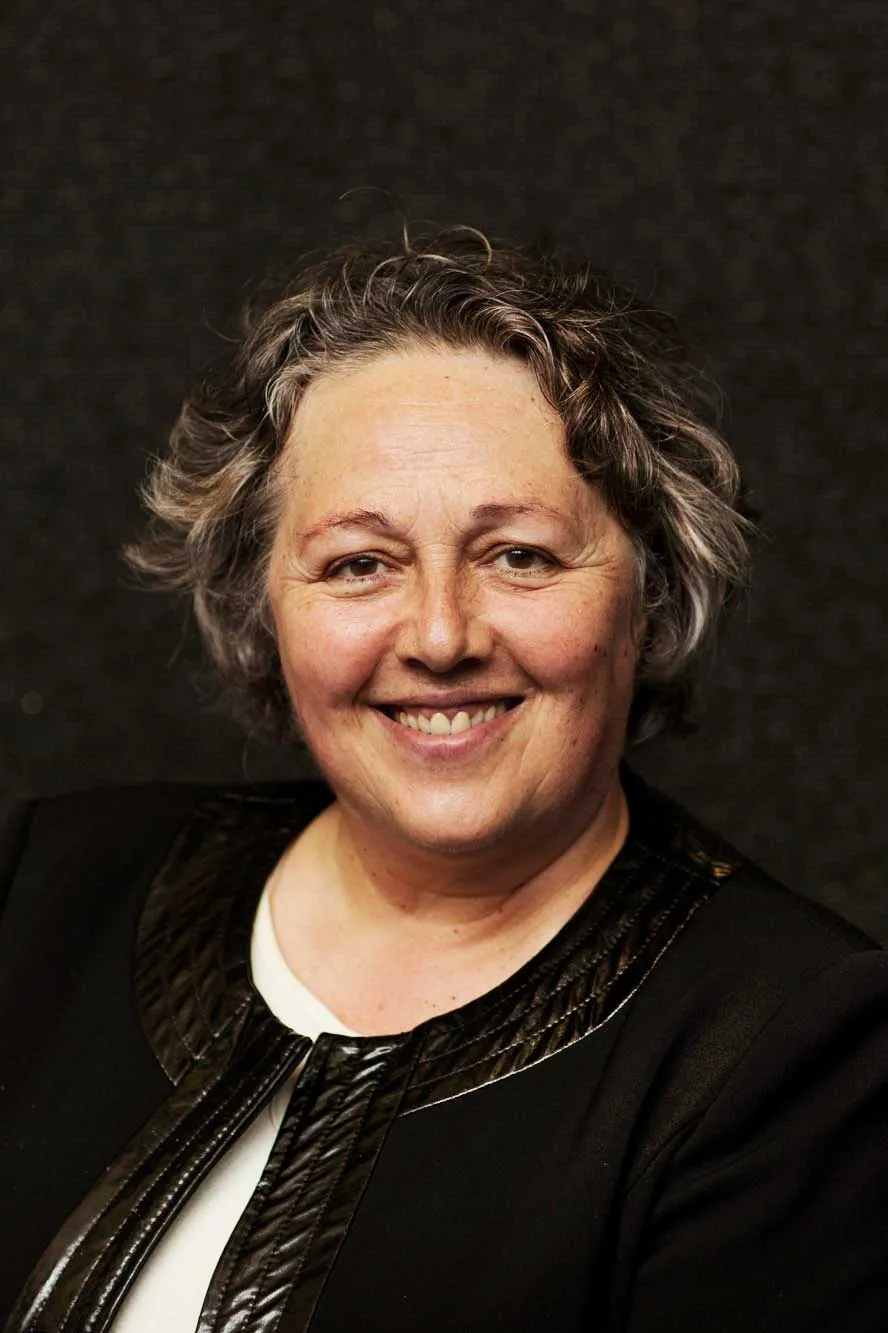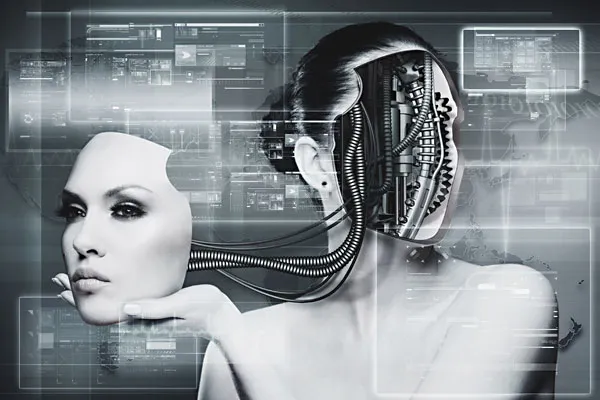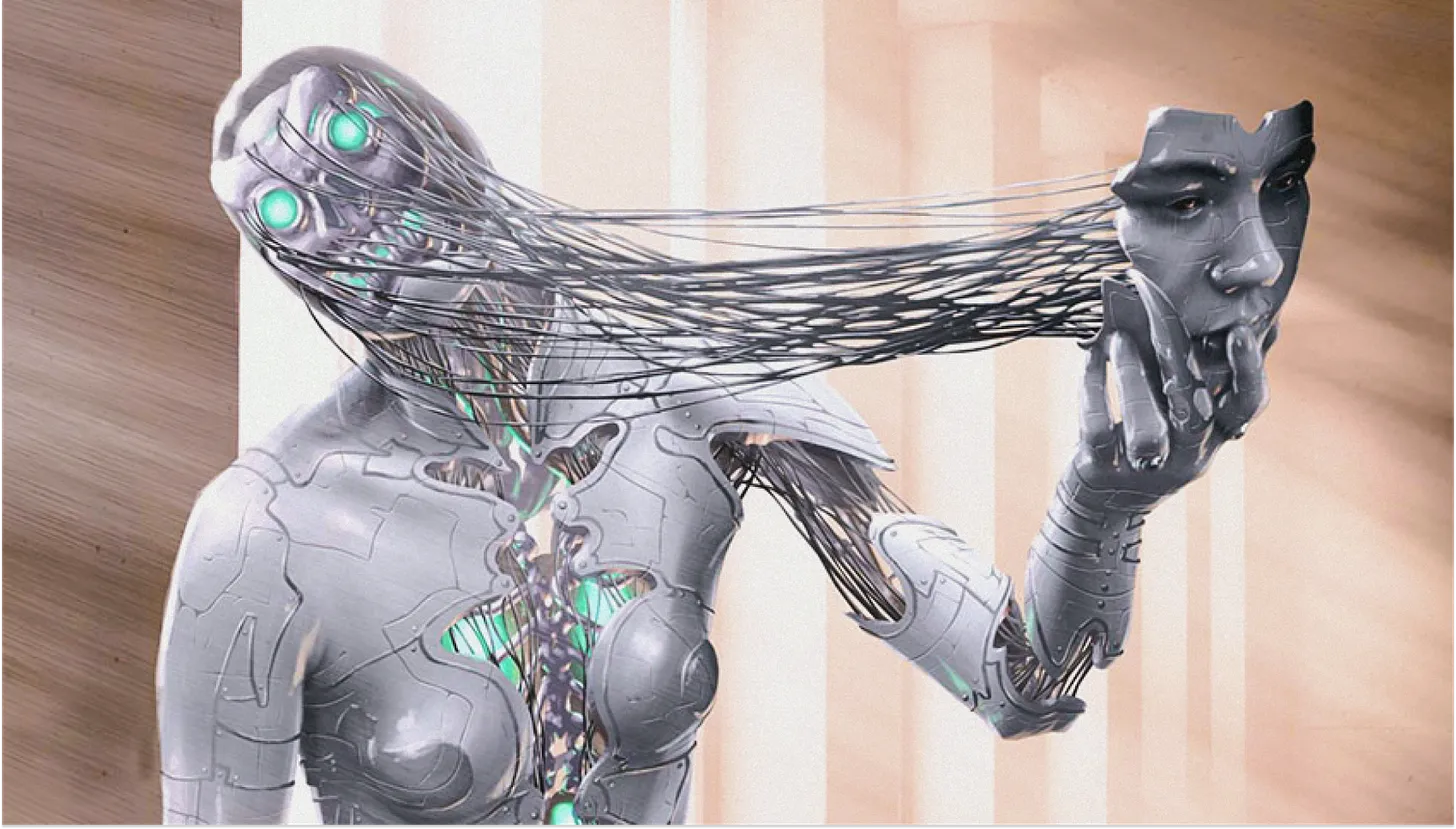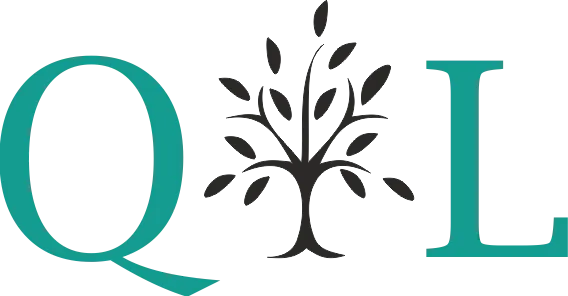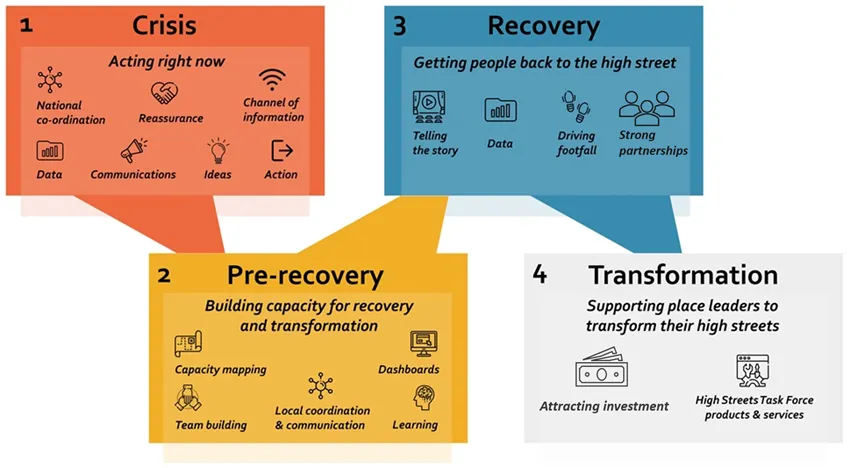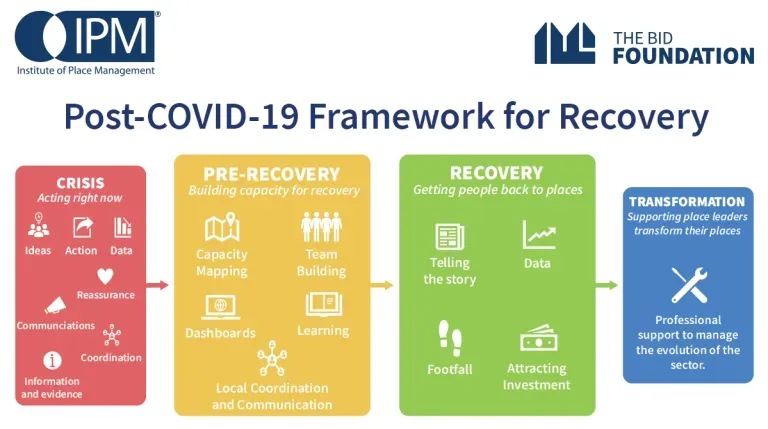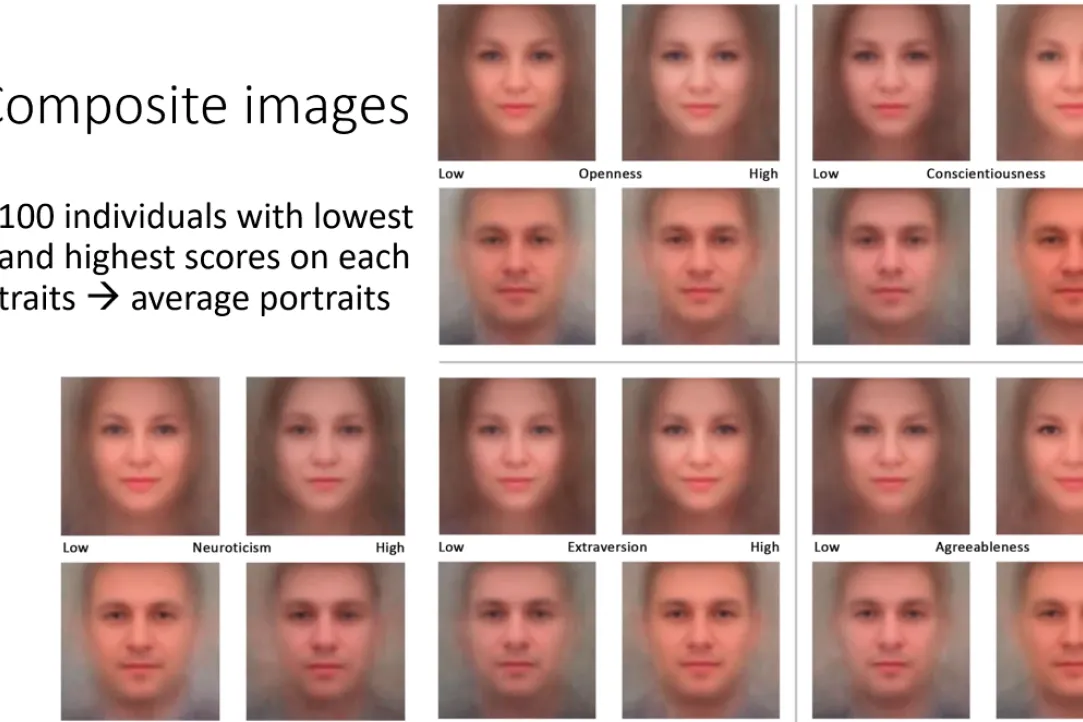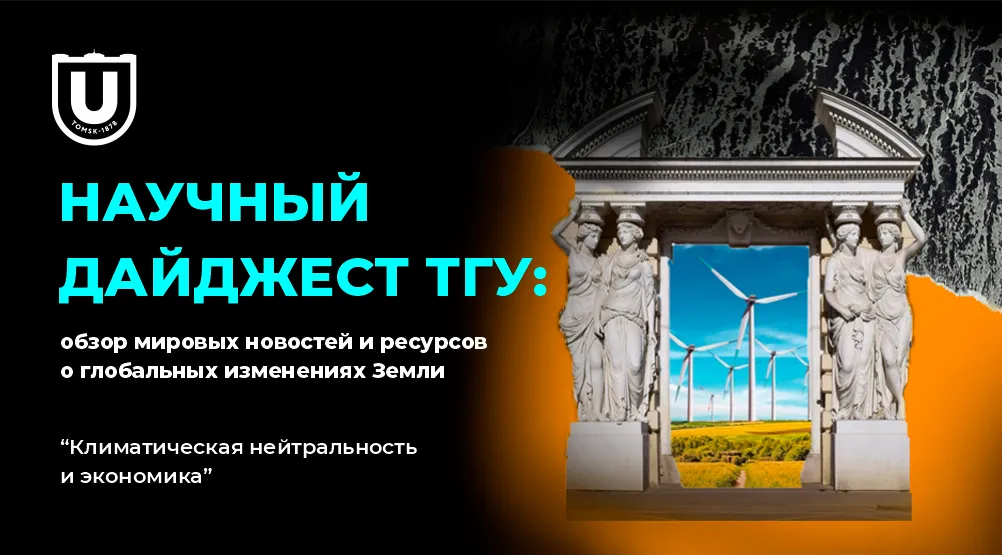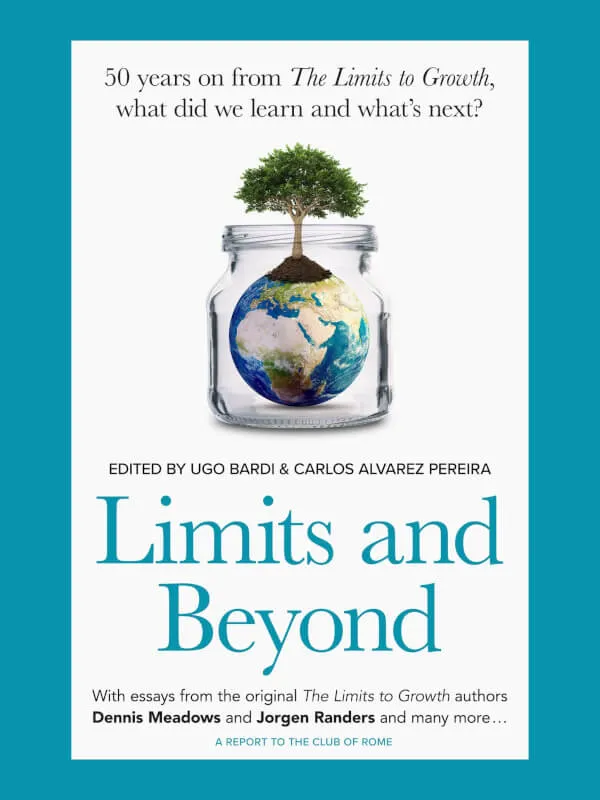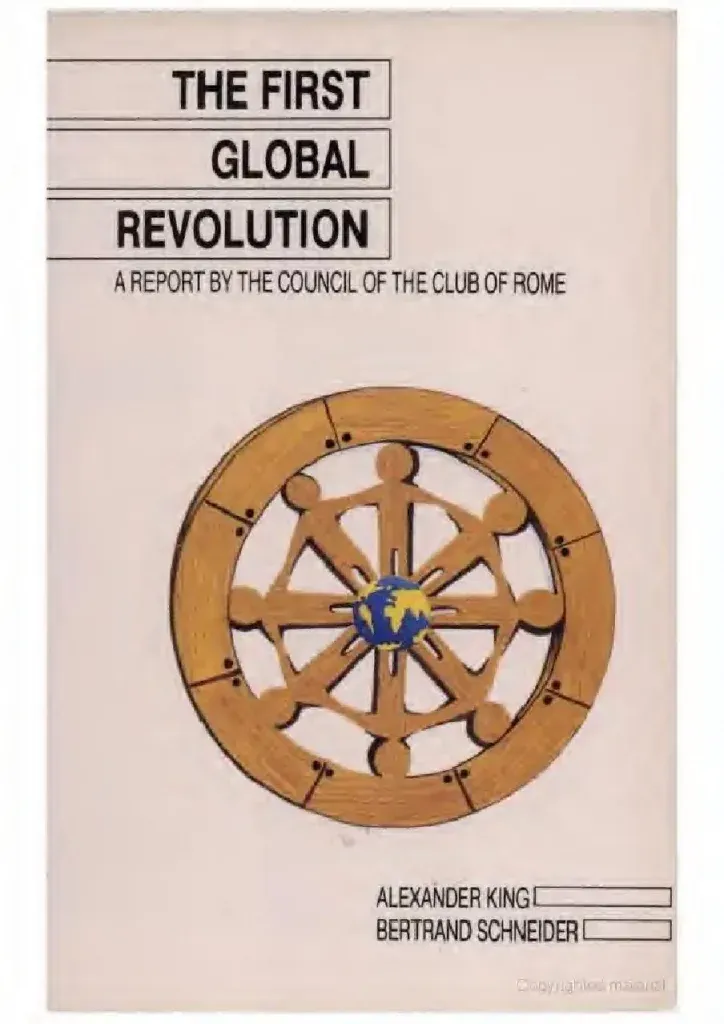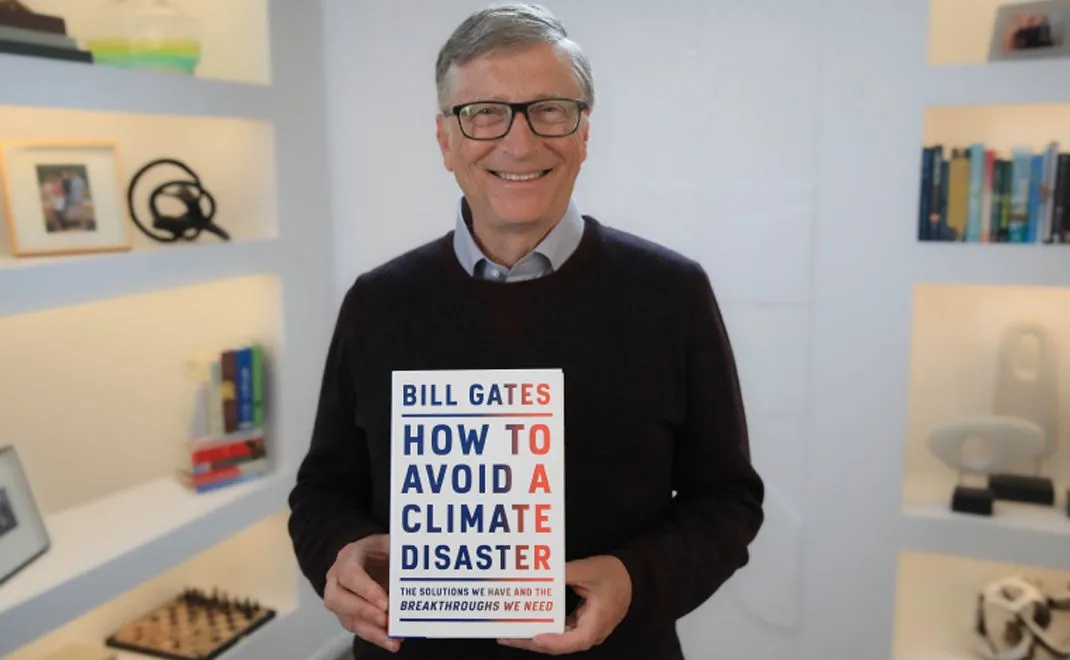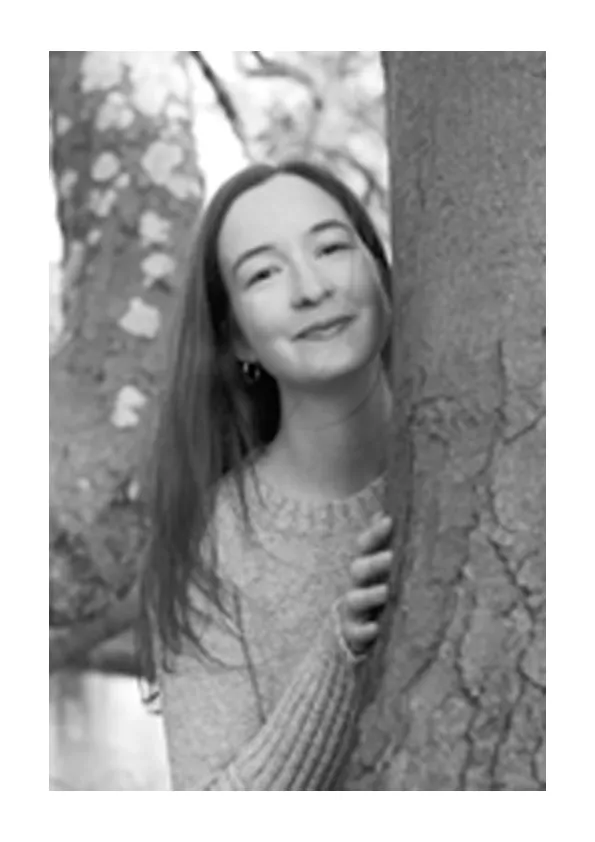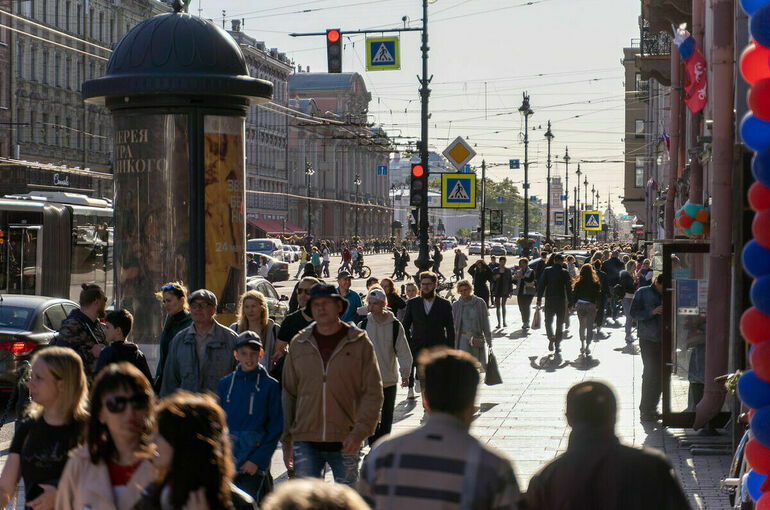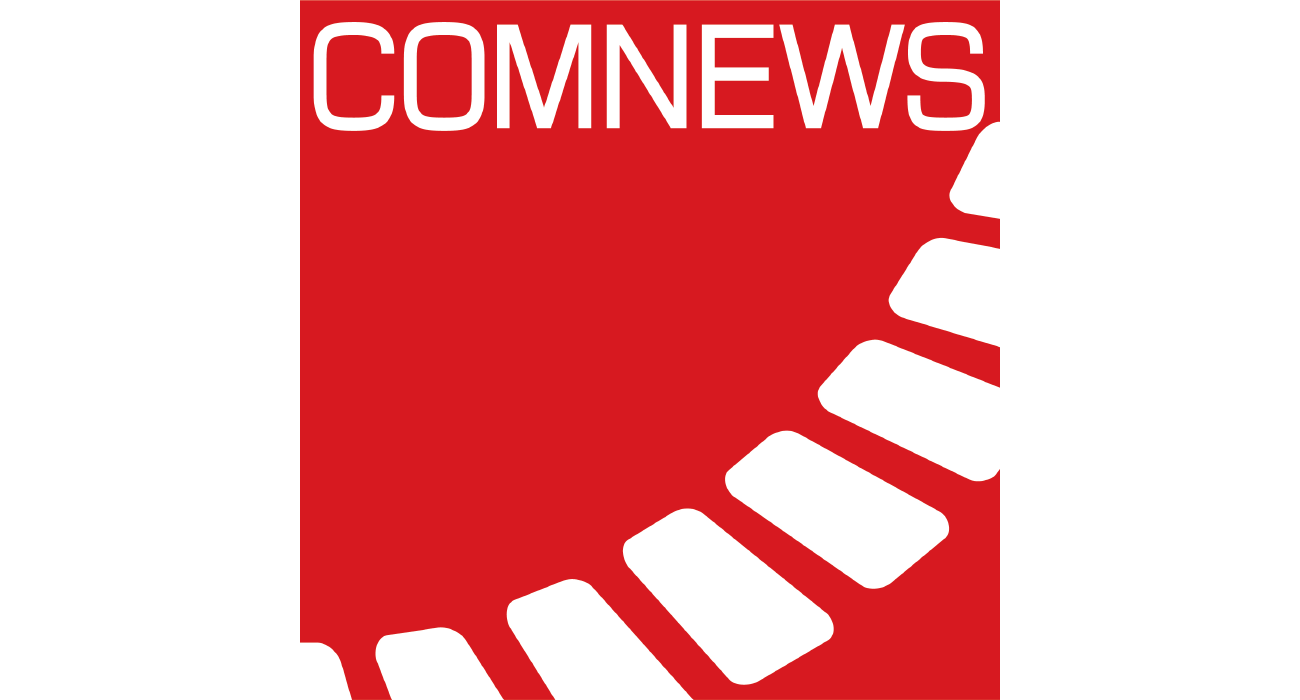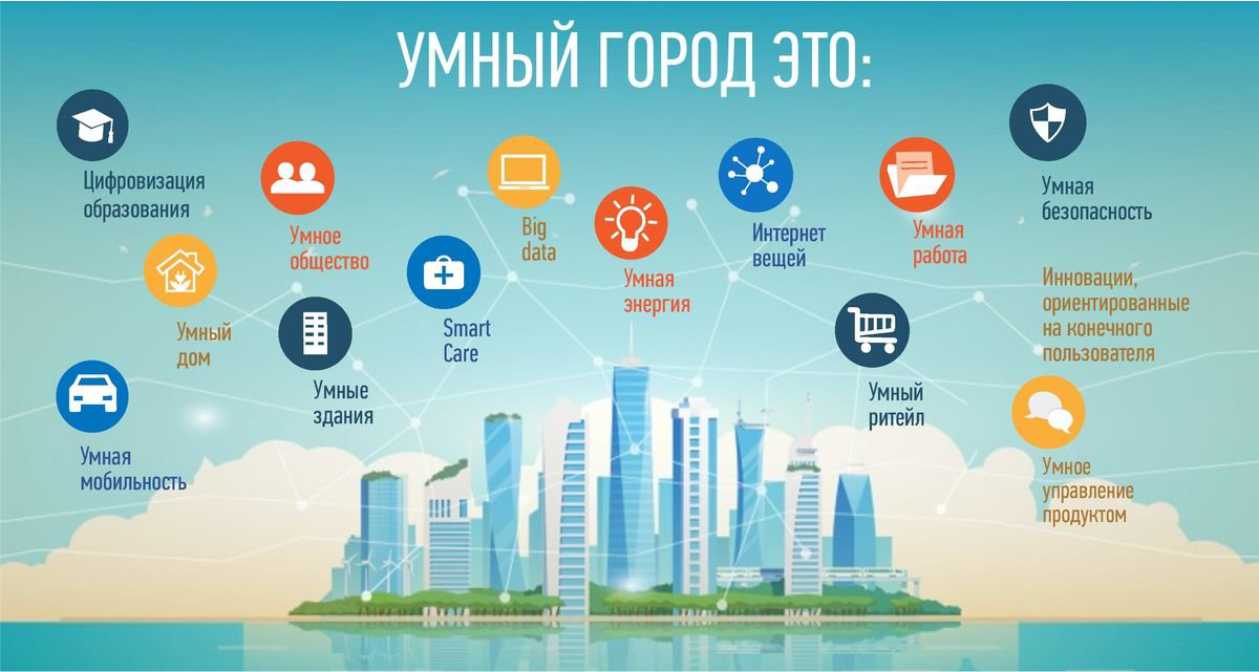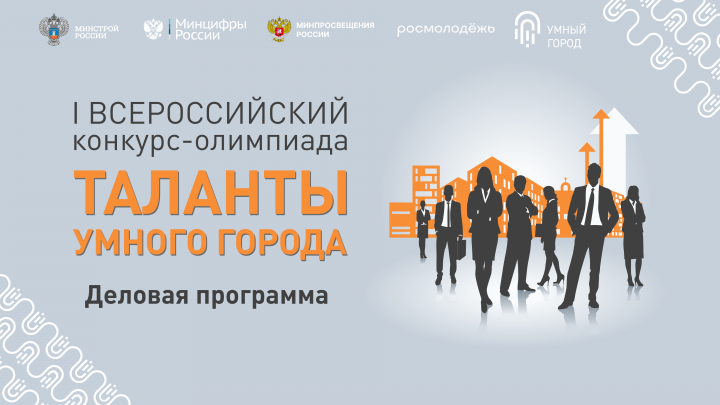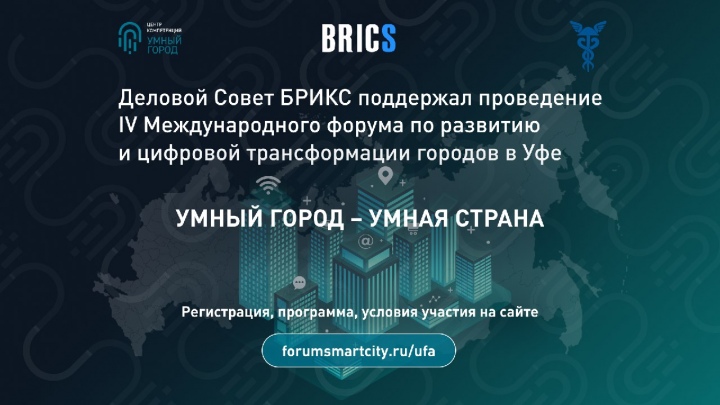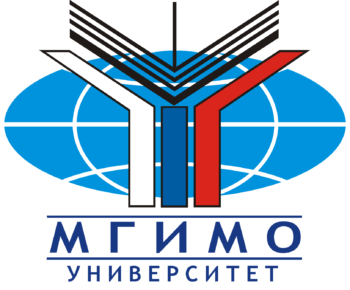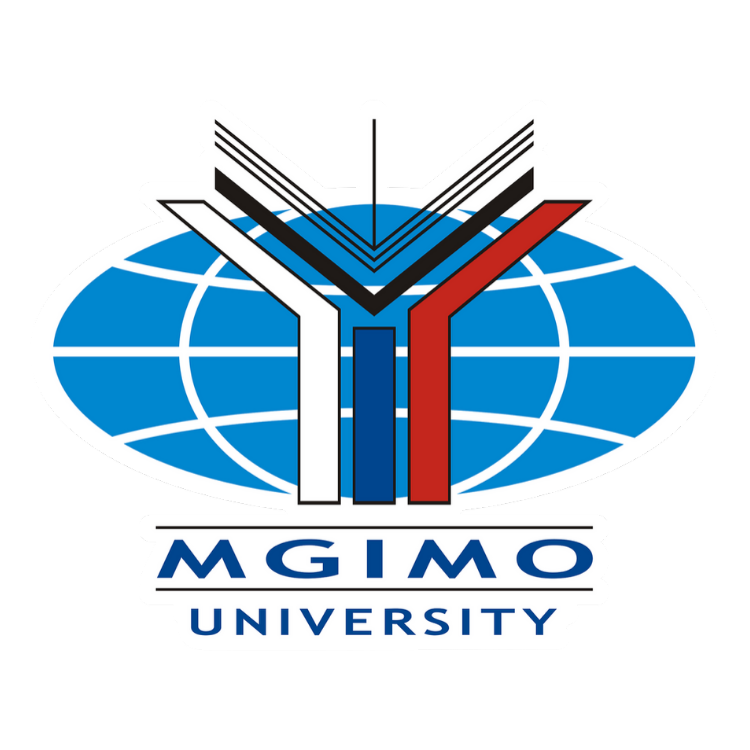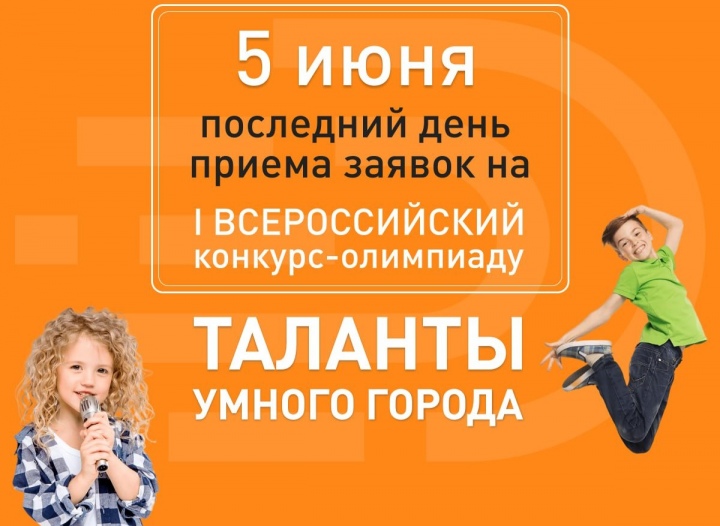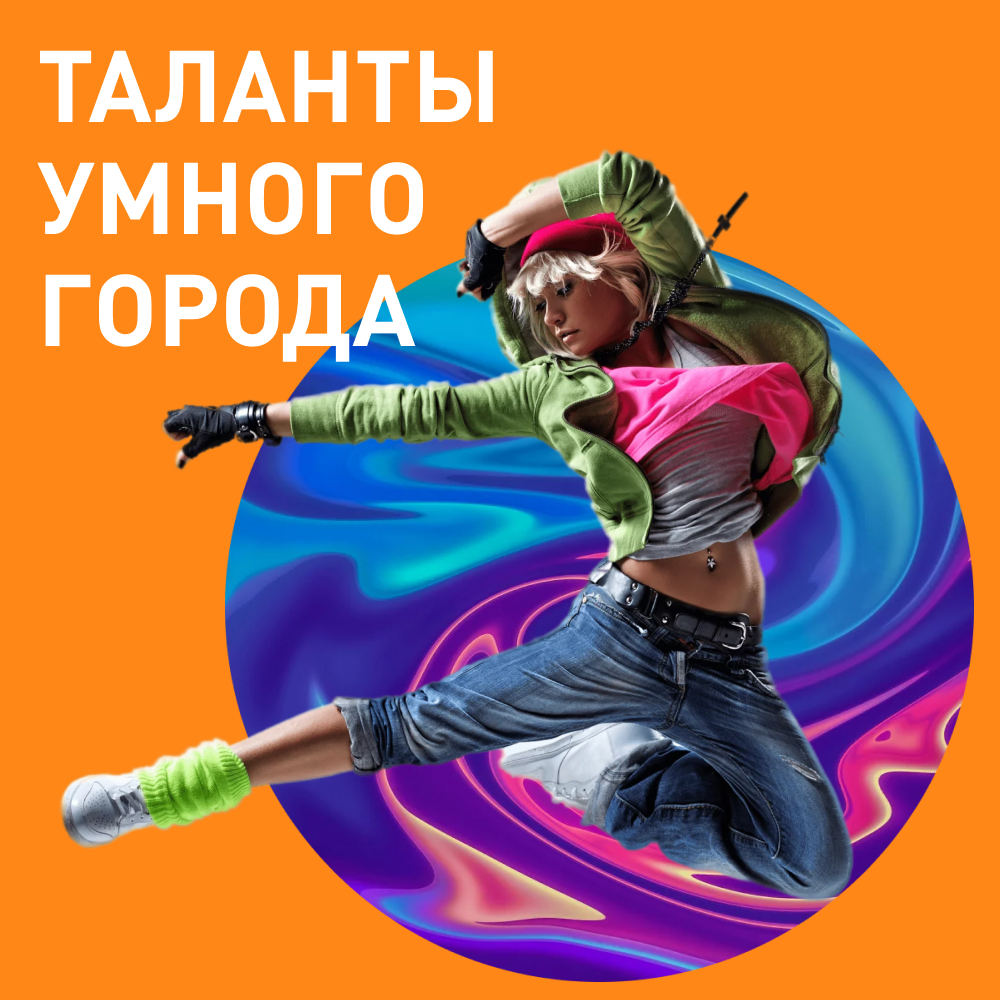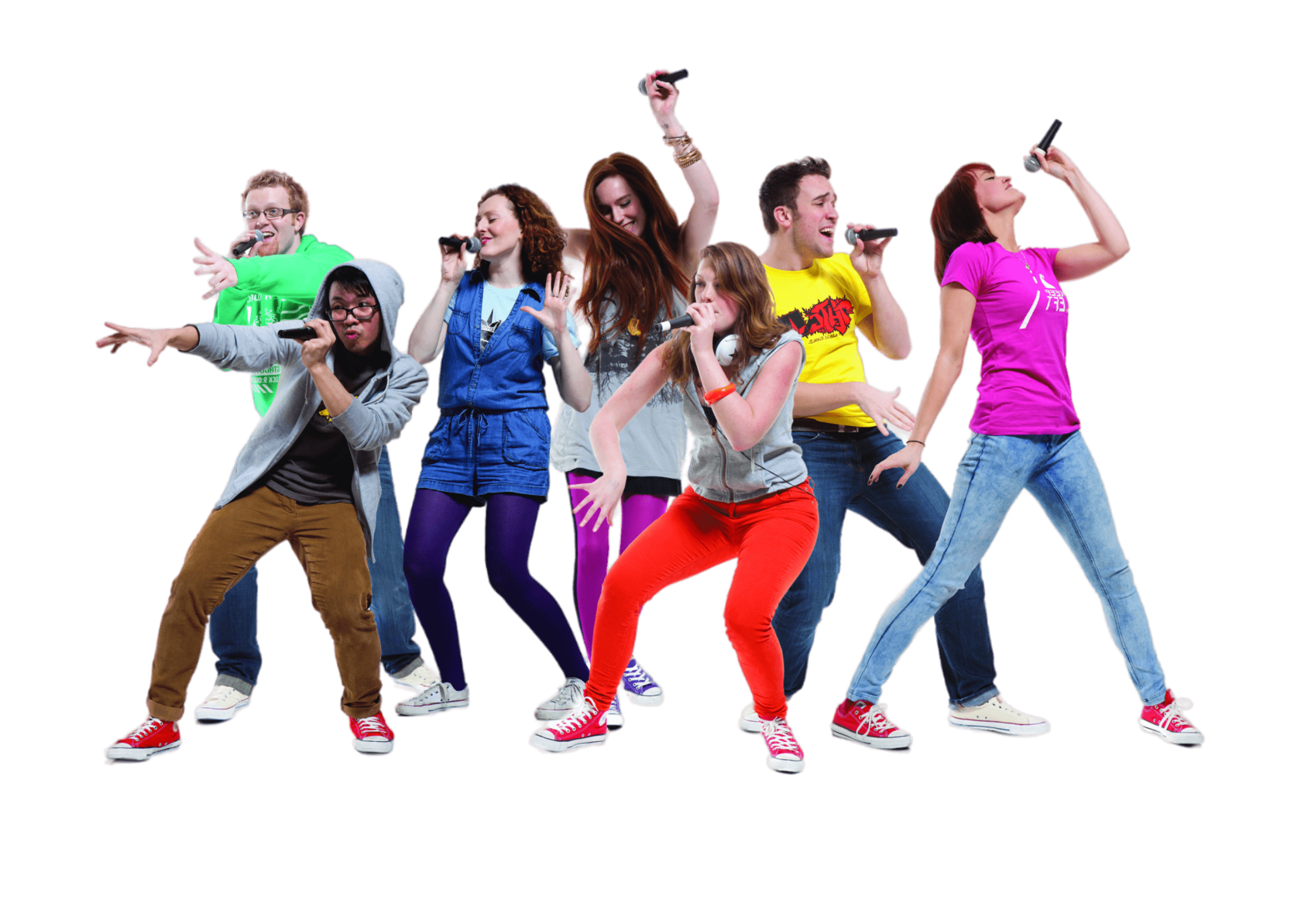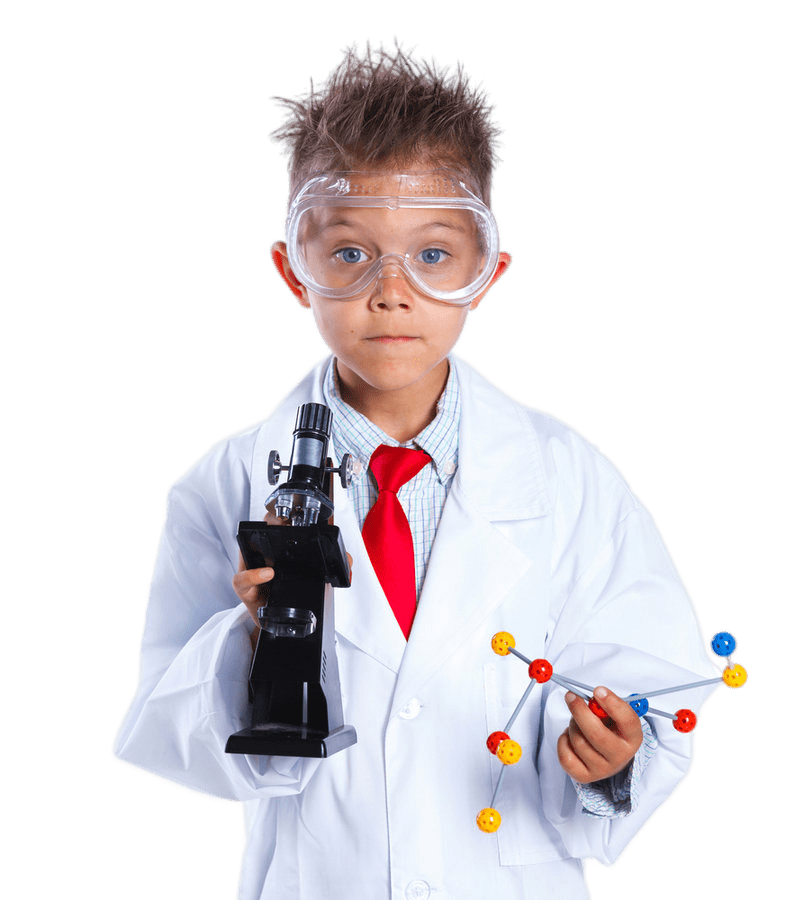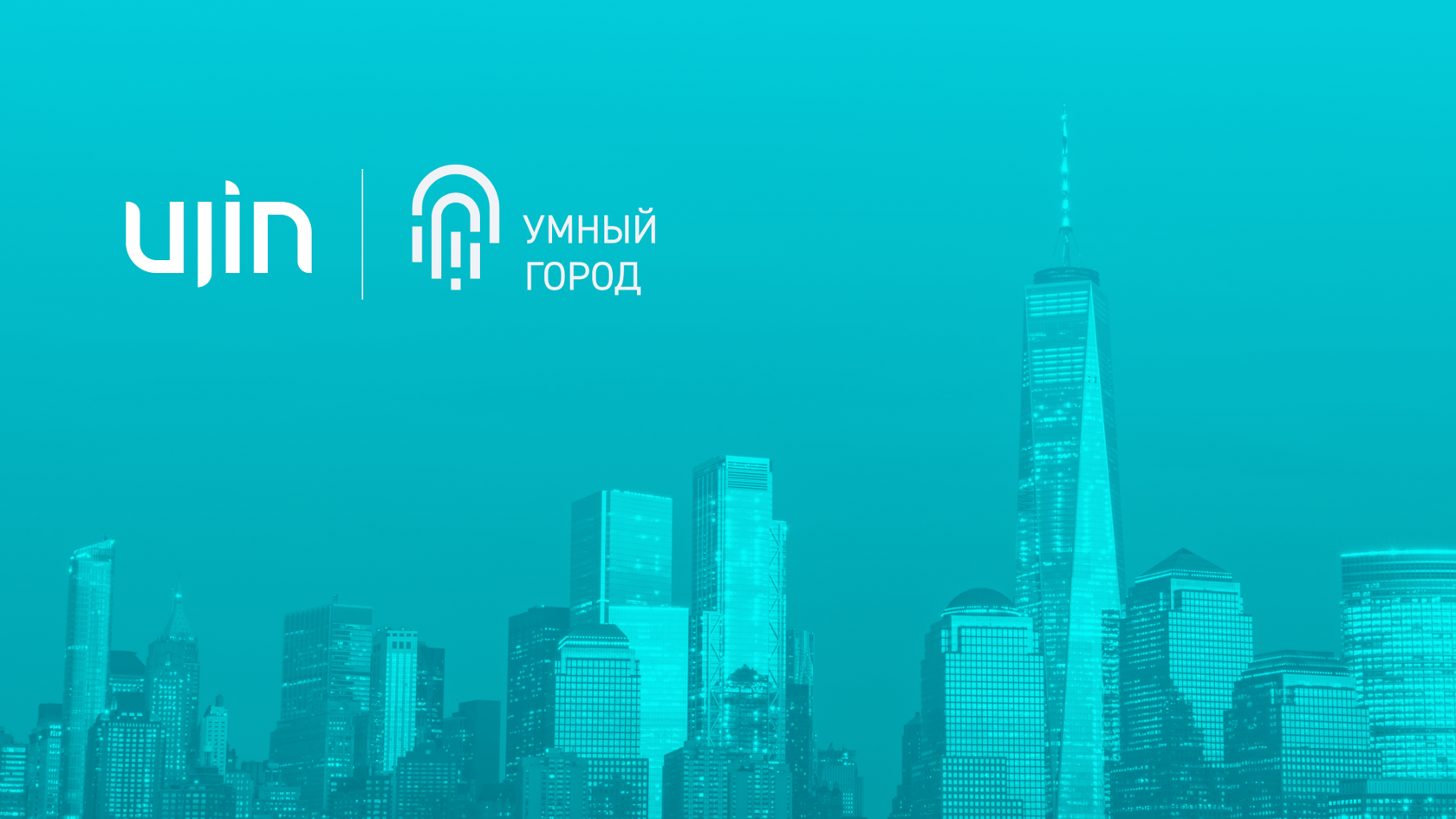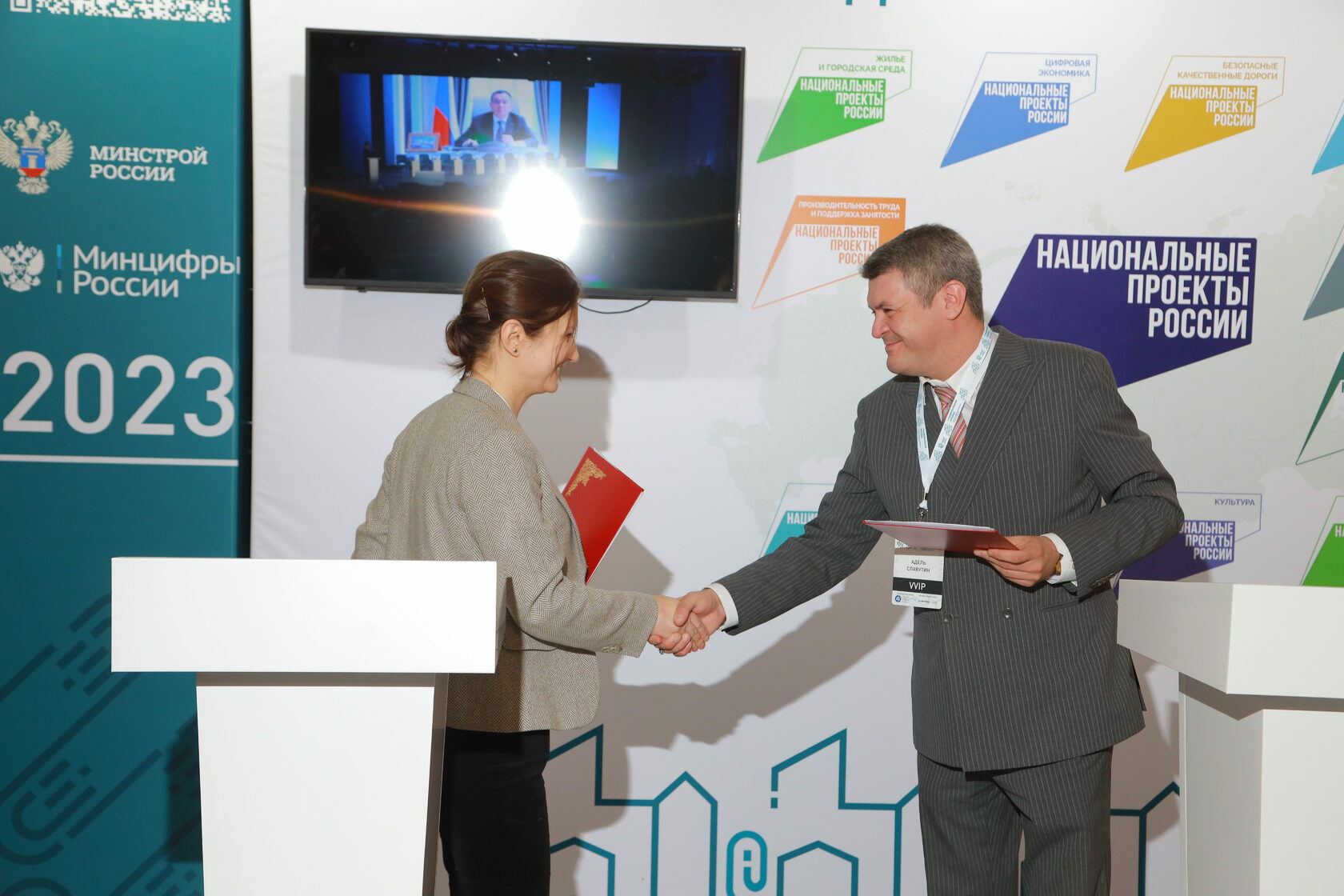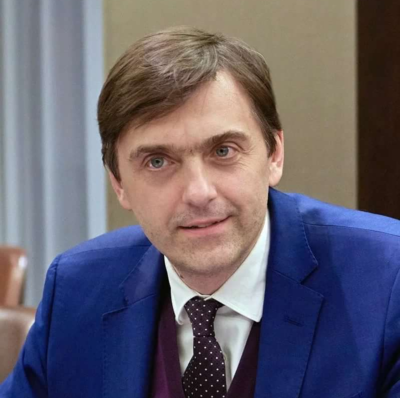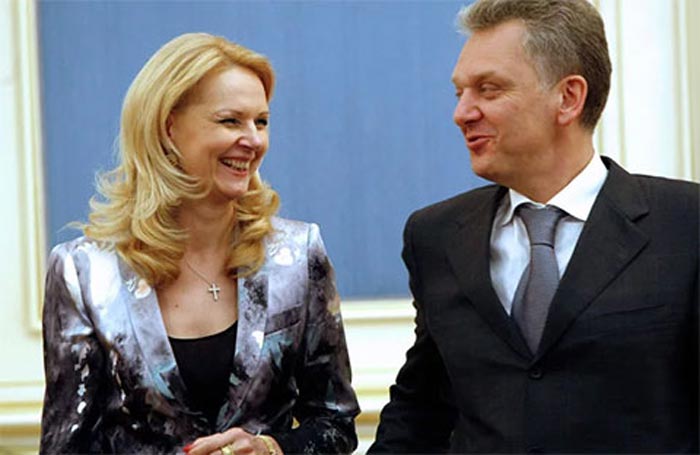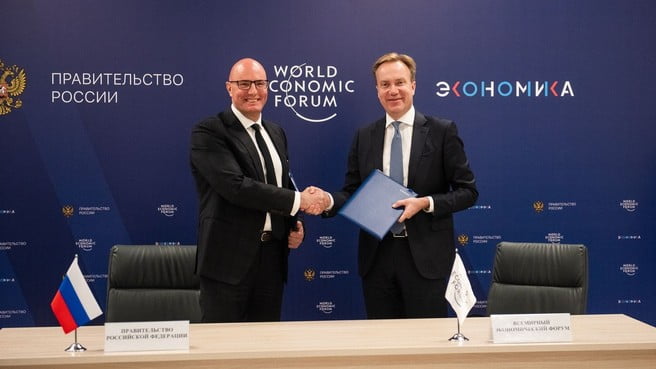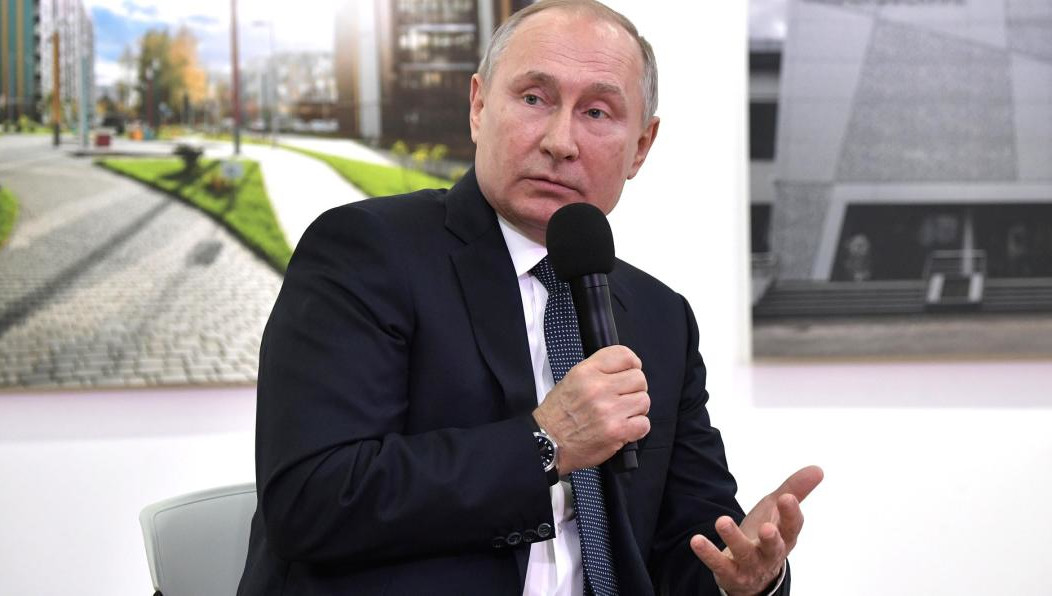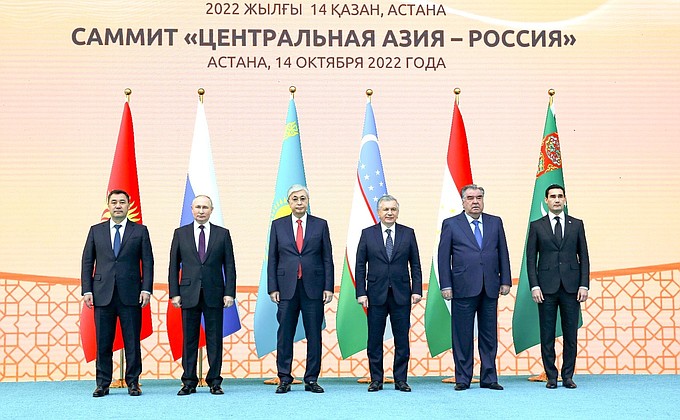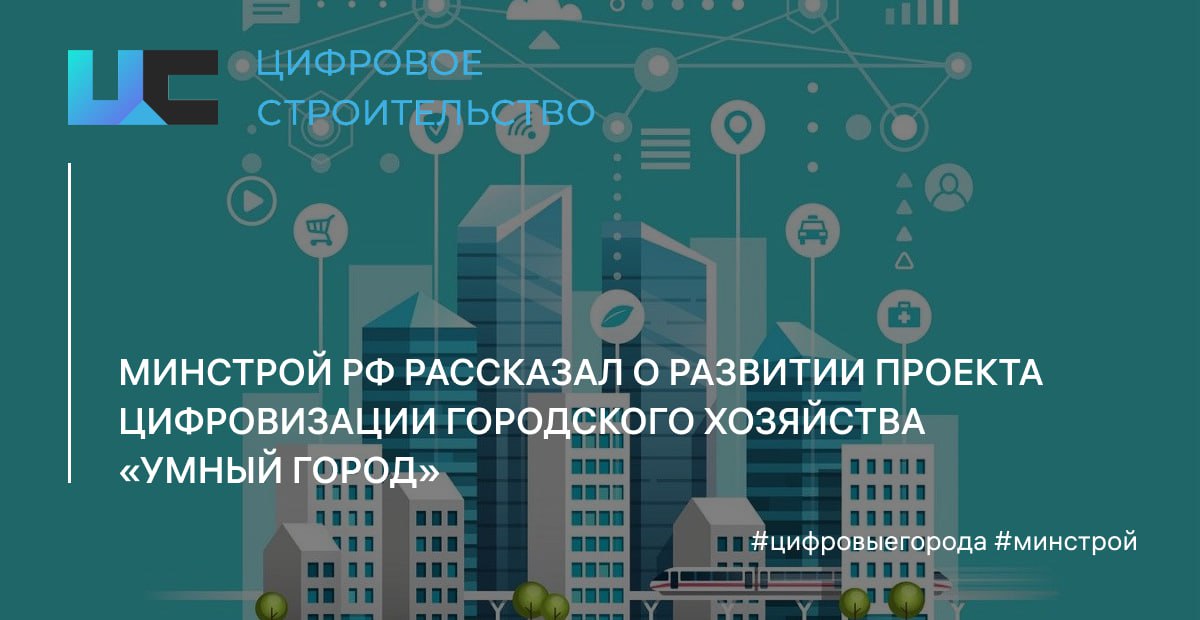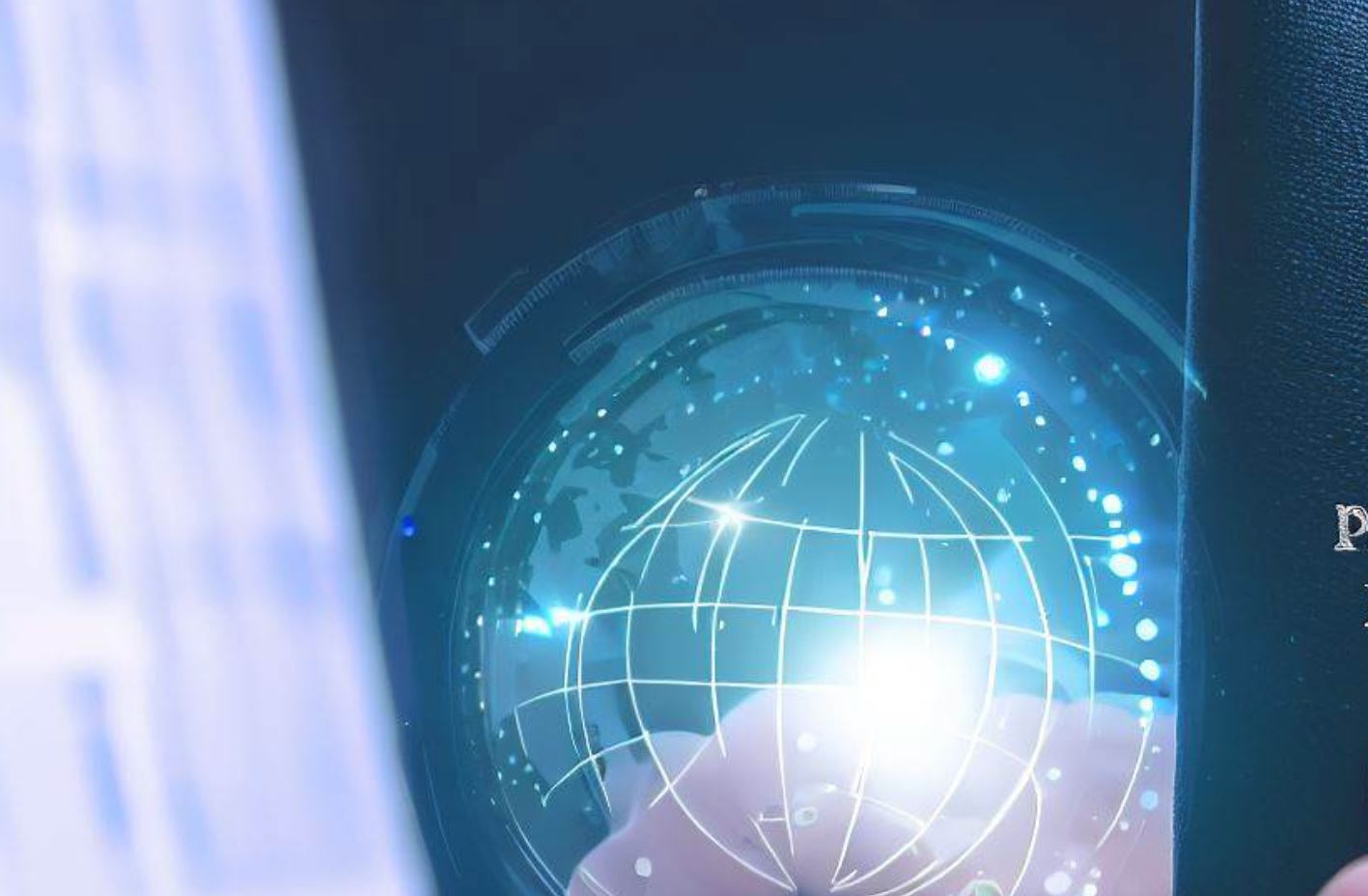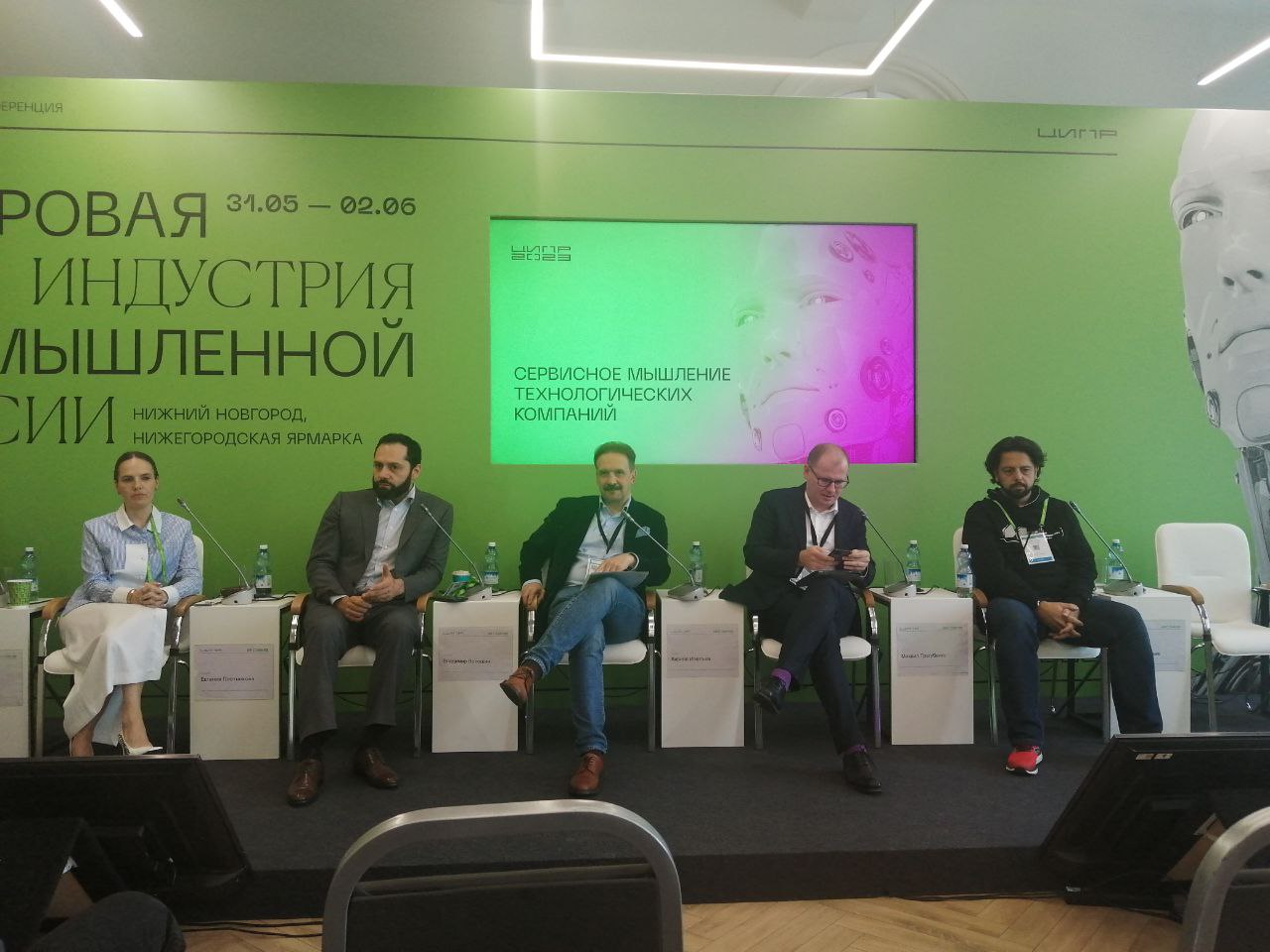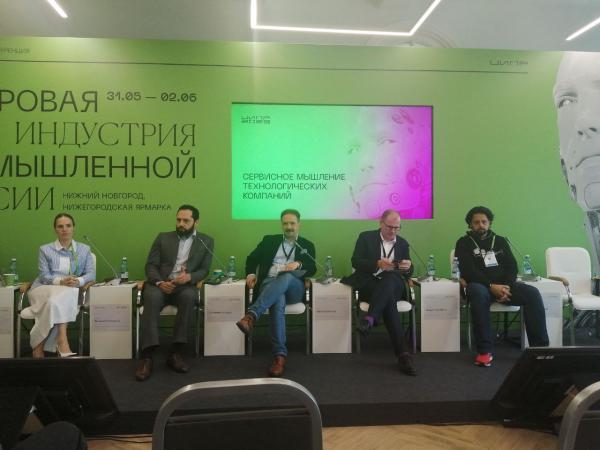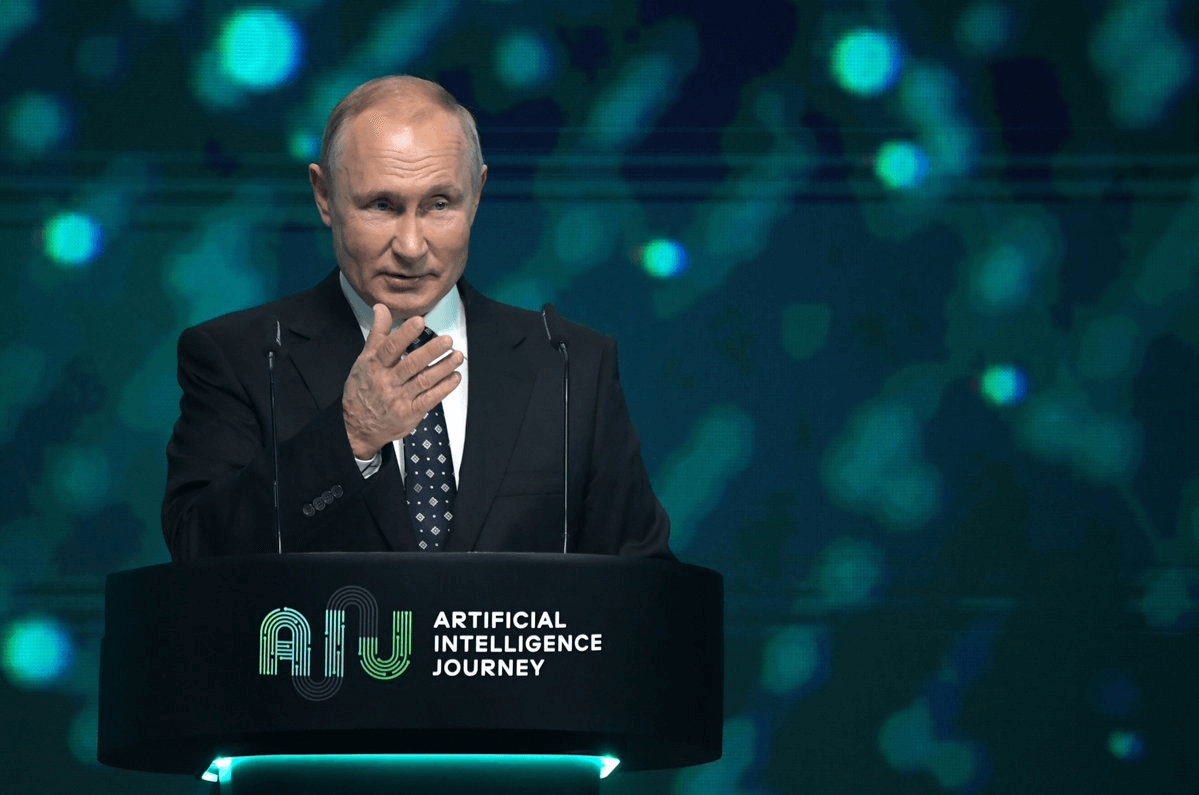Alternative media are almost perfectly dead and successfully leading their audiences into the world of the new world order, but it's not a "pain for die".

So, moving forward.

***
Россия обсудит с партнерами из БРИКС продвижение в этих странах российских видеоигр, отметил во вторник президент РФ Владимир Путин во время осмотра выставки "Развитие креативной экономики в России".

www.comnews.ru
Putin promised to discuss the promotion of Russian video games in the BRICS countries
TASS, 05/31/2023
Russia will discuss with BRICS partners the promotion of Russian video games in these countries, Russian President Vladimir Putin said on Tuesday during an inspection of the exhibition "Development of the Creative Economy in Russia."
So he answered the request of one of the participants of the event to help Russian game manufacturers with entering the Chinese market.
"
We will put this into the negotiation process with our partners. The market is huge. And not only China - in all BRICS countries," the head of state assured in response.
Vladimir Vladimirovich during his walk through the exhibition
- digital ruble? Bank of Russia https :// cbr.ru/fintech/dr/ Digital Ruble The digital ruble is a digital form of the Russian national currency that the Bank of Russia plans to issue in addition to existing forms of money. After a wide public discussion of the initiative to create a digital...

vigilantcitizenforums.com
https://realtribune.ru/v-rossii-prodolzhaetsya-ubyl-naseleniya Population decline continues in Russia According to Rosstat, the number of births in 2022 decreased by 6.9% to 1 million 306,162 children from 1 million 402,834 children in 2021. It is this figure that is informative. But the ship...

vigilantcitizenforums.com
Good. But may even better. https://ru-bezh.ru/kompanii-i-ryinki/news/23/03/22/159-mln-dollarov-investitsiy-privlekli-rossiyskie-ii-startapy-v $ 159 million of investments were attracted by Russian AI startups in 2022 March 22, 2023 According to the Dsight analytical platform, 10 deals...

vigilantcitizenforums.com
**
5 июня - последний день приема заявок на I Всероссийский конкурс-олимпиаду «Таланты Умного Города» По многочисленным просьбам и учитывая огромный интерес,…

ru-bezh.ru
June 5 is the last day of accepting applications for the I All-Russian competition-Olympiad "Smart City Talents"
Due to numerous requests and taking into account the huge interest, the organizing committee of the competition decided to extend the acceptance of applications until June 5.
The organizers of the competition note the incredible number of applications received, there is no need to go anywhere to participate in the competition, children of even the most remote subjects of Russia can participate.
The contest aims to give a chance to every child and teenager in the country, regardless of social status and physical abilities:
Show your talent to professionals who implement the best projects for children and teenagers
Find a mentor – an acting specialist of an extra class
Sign a contract with leading business representatives
Start your professional career in the Russian industry
The jury will have a difficult task to select the applicants who will meet on June 22-24 at the final of the competition in Tambov.
In search of talents, more than 50 active market professionals who actually make decisions in the Russian industry are involved in the project.
Each winner will receive:
Access to closed castings of iconic projects
Media support of your career on the resources of the Olympiad
Free training course with project partners
Additional points and preferences for university entrance tests
Personal page in the presentation of the winners of the competition
The children will have an unforgettable eventful program, meetings with the ambassadors of the competition, gifts and prizes from the partners of the Olympiad.
For more information on participation, see the official page of the contest in VK and the event website
Recall that the competition is supported by the Ministry of Education, the Ministry of Construction and Ministry of Digital Development of Russia."
One of the posters of the contest: "
The future depends only on you"
For more information on participation, see the official page of the contest in VK and the event website
Event website:
Всероссийский чемпионат исполнительских видов искусств

forumsmartcity.ru
Candidates from 6 to 18 years old can participate in the following categories:
SCIENCE AND TECHNOLOGY:
new production
new security
new medicine
new living environment
artificial intelligence
nanotechnology and nanoengineering
neurotechnology and cognitive sciences
creation of virtual worlds
energetics
space
new transport
CREATIVITY AND ART:
vocals
dancing
acting
TV presenter
blogging
design and modeling
free genre
A few more photos from the page
...
A platform for identifying and developing talents that unites all the most popular children's directions
...
The jury consists of acting professionals. In search of talents, more than 50 active market professionals who actually make decisions in the Russian industry are involved in the project, among them: Heads of leading universities; Representatives of technology-leading companies; Heads of relevant state authorities; Film directors; Agents; ...
...
Not just a Contest! It is a platform for creative growth and talent development. By participating in the project, children get into the community of future professionals of culture, creative, scientific and technological industries and the personnel training system for years to come.
...
Official Partner:
A little detour from traditional and patriotic forum
smartcity.ru, for a brief review of the official partner Sitronics group.
Разработка, производство и поставка комплексных решений для цифровой трансформации бизнеса

www.sitronics.com
ABOUT THE COMPANY
Our goal is to ensure the digital transformation of processes using intelligent solutions, creating a high—tech, safe and environmentally friendly future
- Nikolay Pozhidaev, President of Sitronics Group
Разработка, производство и поставка комплексных решений для цифровой трансформации бизнеса

www.sitronics.com
BUSINESS EVOLUTION THROUGH INTELLIGENT TECHNOLOGIES
Sitronics Group - a multidisciplinary Russian IT company with extensive experience in digitalizing strategic sectors of the economy and implementing large—scale projects for business and the state
Digital transformation of projects for business and government is carried out thanks to a wide range of tools, as well as cooperation with the largest developers of IT products around the world.
The company has diverse competencies: from the production of its own IT equipment to the development and implementation of solutions in the field of the Internet of Things and software. Sitronics Group develops comprehensive IT solutions and implements them at any stage of infrastructure maturity.
WE CAN
THE IMPOSSIBLE,
WE EMBODY
CONCEIVED
Business card movie about the company
*And briefly (in English)
A few messages from the news section of the site
Разработка, производство и поставка комплексных решений для цифровой трансформации бизнеса

www.sitronics.com
Sitronics Group has become a partner of the events of the Smart City project
MARCH 30, 2023
The multidisciplinary Russian IT company Sitronics Group (part of AFK Sistema Group), a developer of integrated solutions for government and business, has become a strategic partner of the Smart City project events.
Smart City is a departmental project of the Ministry of Construction of the Russian Federation on digitalization of urban economy, which is implemented within the framework of the national project "Housing and Urban Environment" and the national program "Digital Economy of the Russian Federation".
Sitronics Group has been developing and implementing digitalization technologies for more than 20 years that can ensure maximum security and optimization of intelligent processes. The company has accumulated significant competencies in creating solutions for "smart cities" from the introduction of video surveillance and analytics based on artificial intelligence to the development of intelligent traffic control systems.
Today, Sitronics Group has many years of experience in creating digital platforms for managing territories for the specific needs of customers with the integration of services for collecting various data and ensuring the protection of information of critical infrastructure facilities. The ecosystem of Sitronics Group products solves the tasks of the Smart City standard, including not only smart management at the city level, but also monitoring of any systems, facilities and the development of charging infrastructure for electric transport.
"We are active market players and participate in various aspects of the development of the Smart City project. So, last year our experience was useful for updating the standard as part of participation in the working group of the Ministry of Construction of Russia. This year we are actively involved in the planned activities of the project. Firstly, these are exhibitions where we will present our solutions. And secondly, it is a discussion of ways to achieve digital transformation of cities taking into account new realities for effective management and providing comfortable conditions for residents," said Nikolay Pozhidaev, President of Sitronics Group.
"Being in constant dialogue with market participants and the professional community is one of the key principles of the work of the Ministry of Construction of Russia. I am sure that cooperation with one of the leading companies for the creation of intelligent technological solutions, including within the framework of the departmental project working group, will increase the effectiveness of Smart City events," said Konstantin Mikhailik, Deputy Minister of Construction and Housing of the Russian Federation.
In total, four main events of the Smart City project are being prepared in 2023. On April 13-14, the First National Award for contribution to the development of digitalization of urban economy "Smart City" will be presented in Krasnoyarsk. Ufa, Tambov and Saratov will host the relay in summer and autumn. Forums, performing arts championships and All-Russian games will be held in these cities."
Разработка, производство и поставка комплексных решений для цифровой трансформации бизнеса

www.sitronics.com
Sitronics Group unveils Smart City Solutions in India
07 APRIL 2023
At the largest industry exhibition Smart Cities India, the company demonstrated solutions for intelligent transport, video analytics and the creation of an electric water fleet.
Sitronics Group (part of the Sistema Group of PJSC AFC) presented its solutions for the implementation of the smart city concept at the largest industry exhibition Smart Cities India in New Delhi, as well as within the framework of the Russian-Indian Business Forum "Cooperation for Development and Growth". Sitronics Group's developments were presented at the stand of the Russian Export Center within the framework of international cooperation with the assistance of the Marinet Industry Center, as well as the Moscow government.
In particular, video analytics solutions, intelligent transport systems, as well as remote monitoring tools aroused particular interest from representatives of government and business in India. ..."
Разработка, производство и поставка комплексных решений для цифровой трансформации бизнеса

www.sitronics.com
Sitronics Group's Smart City Infrastructure project for the Leningrad Region is the best in Russia
APRIL 14, 2023
The project in the village of Sosnovo, Priozersky district, won the "Infrastructure" nomination of the national award for contribution to the development of digitalization of urban economy.
The Leningrad region took the first place among infrastructure solutions for the "Smart City". Sitronics KT, a member of the Sitronics Group, in 2022 introduced a socio-economic development management module in Sosnovo — a program for calculating IQ City indicators.
"The module we have implemented is part of the company's own digital region management platform. With the help of our system, you can track the dynamics of the implementation of regional and federal programs, the implementation of national projects, the pace and status of the execution of orders in a settlement, city or region. The key purpose of implementing the solution is to improve the lives of citizens," said Igor Marenich, CEO of Sitronics KT.
"Smart City increases the efficiency of the digital urban management system and the comfort of residents. Its implementation in the Leningrad Region is coordinated by the Competence Center — the head of the Regional Committee for Housing and Communal Services. We are implementing pilot developments in Gatchina and Sosnovy Bor, and now a comprehensive project in Sosnovo has been noted at the federal level. Congratulations to the winners, I am sure that our experience will be useful in other districts of the Leningrad Region and regions of Russia," said Alexander Timkov, Chairman of the Housing and Communal Services Committee of the Leningrad Region.
In total, within the framework of the national award for contribution to the development of digitalization of urban economy "Smart City", about 100 applications reached the final. The Organizing Committee considered more than 200 projects submitted by 51 subjects of Russia. The winners of the award were determined in 29 industry and special nominations."
Разработка, производство и поставка комплексных решений для цифровой трансформации бизнеса

www.sitronics.com
Sitronics Group and the Smart City Competence Center have agreed to cooperate in the implementation of projects for the digital transformation of cities
APRIL 14, 2023
A multidisciplinary IT developer of solutions for government and business, Sitronics Group (part of Sistema AFC Group) and the Smart City Competence Center signed an agreement on the implementation of projects in the field of urban development and digital transformation of urban economy. Within the framework of cooperation, the regions participating in the departmental project will have the opportunity to use the company's expertise in the implementation of their programs.
The document was signed in Krasnoyarsk within the framework of the First National Award for contribution to the development of digitalization of urban economy "Smart City". The organizations agreed to unite and coordinate efforts to improve competitiveness, development and digital transformation of the construction industry and housing and communal services.
The signed agreement defines the areas of interaction between Sitronics Group and the Smart City Competence Center, and allows successful digital projects to be replicated nationwide in interested participating cities.
The attention of Sitronics Group is focused on the development and implementation of technologies that can provide not only comfortable living, but also security for city residents. To do this, the company implements projects on the introduction of digital management platforms, as well as video surveillance and analytics systems based on artificial intelligence.
"Sitronics Group has accumulated a lot of expertise in digitalization of cities. We are implementing projects that cover different spheres of life: from intelligent transport and urban management to healthcare and charging infrastructure for electric vehicles. Last year, our experience was useful when updating the standard as part of participation in the working group of the Ministry of Construction of Russia. I am sure that the new proposals will also be accepted and implemented in practice," said Nikolay Pozhidaev, President of Sitronics Group.
ANO "Competence Center "Smart City" was established in September last year as a platform consolidating participants of the departmental project, experience and expertise. The participants of the organization are the executive authorities of the regions of Russia responsible for the implementation of the departmental project of the Ministry of Construction of the Russian Federation.
"The key idea of our activity is the effective scaling of successful projects with the optimization of budget funds. The signing of the agreement contributes to the synergy of government and business, allows us to use the best practices that have already been implemented in some regions to "land" in others," said Adel Slavutin, Director General of the Autonomous Non—profit Organization for the Implementation of projects in the field of urban Development and digital Transformation of Urban Economy "Smart City Competence Center".
"Smart City" is an approach to the development of a city using digital tools to improve living standards, quality of services and management efficiency. The departmental project unites all the cities of Russia, the number of which exceeds 100 thousand people.
"The Ministry of Construction of Russia continues systematic and consistent work on the creation and development of qualitatively new, sustainable and "smart" cities. With the help of new technologies, safe, affordable and comfortable living conditions are being created, an effective urban management system is being formed. I am sure that this agreement is another important step that will increase the effectiveness of Smart City activities through methodological and informational support," said Konstantin Mikhailik, Deputy Minister of Construction and Housing of the Russian Federation."
Разработка, производство и поставка комплексных решений для цифровой трансформации бизнеса

www.sitronics.com
Digitalization of urban economy
APRIL 24, 2023
The ceremony of awarding
the national award "Smart City" took place in Krasnoyarsk.
The event is being held for the first time, awards are awarded for contributions to the development of digitalization of urban economy – from transport to medicine. As part of the business program,
a number of agreements were signed on the implementation of new projects that are designed to change the lives of Russians with the help of modern technologies.
More than a hundred participants – both individual companies and enterprises, and regions as a whole - reached the final of the award. The authorities of the Leningrad Region and Sitronics Group received an award in the "Infrastructure" nomination for the implementation of the socio-economic development management module – the IQ City indicators calculation program. The solution is part of the company's own digital region management platform. The system helps to track the implementation of regional and federal programs, the implementation of national projects, the speed and status of execution of orders in a settlement, city or region.
"The most basic purpose of such systems is reliable and fast information for decision–making. At the second stage, decisions themselves are usually automated, there are fairly standard procedures – if three of the five indicators have developed like this, then the decision should be like this. But first of all, it is fast and very high–quality information about what is happening. There are clear trends in the economy, city structures want to do their work more efficiently, while understanding the aspirations of citizens," commented Nikolay Pozhidaev, President of Sitronics Group.
The Smart City Award is part of the eponymous project of the Ministry of Construction of Russia. It has been implemented for five years. During this time, various "smart" solutions have been implemented in more than two hundred cities from forty-seven regions of the country, the department said.
"Our main task has always been methodological support on the one hand, that is, to form the rules of the game, examples, the best cases, to tell about it, on the other hand, to make some kind of benchmark. This is how the IQ indicator of cities appeared – its main task is to reflect a whole set of factors. That is, there was a task to make such a complex indicator that it would not be possible to win simply by doing some one project, even if you did one project, you would be at the bottom, you would have to do many, many different projects, because we have a cross-cutting figure.
This year we will show that we have grown by 16 percent in terms of the IQ of cities," said Konstantin Mikhailik, Deputy Minister of Construction and Housing and Communal Services of the Russian Federation.
Digital projects, which, according to the organizers of the award, have proven their effectiveness in individual cities, will be implemented nationwide. The agreement was signed by the IT developer of solutions for government and business Sitronics Group and the Competence Center "Smart City". Regions will be able to use the company's expertise – from intelligent transport and urban management to healthcare and charging infrastructure for electric vehicles.
"We have acquired a lot of competencies in video analytics. Well, the platform solutions of our company today are also being implemented in a number of regions – that is, these are management platforms for one or another can even be said to be branches of urban economy. Moreover, we are engaged in infrastructure projects and communication projects, today we provide space data as an operator for the development of the urban intellectual environment," Nikolay Pozhidaev stressed.
According to the plan of the Ministry of Construction, thanks to the Smart City project, the share of residents participating in the management of their hometown will grow to sixty percent by the end of next year."
.....
Back to
forumsmartcity.ru:
Partner [of the competition "talents in the smart city"]:
->
Открытая облачная платформа Ujin OS. Умные ЖК и здания

ujin.tech
The Russian company "Unicorn", the developer of the Ujin platform, the technology leader in the smart building segment. We combine expertise in engineering systems, artificial intelligence and innovations in the field of the Internet of Things.
Why Developers Choose Ujin:
Winner of the IoT Awards 2021 — The Best IoT solution for a smart City
The Ujin platform and mobile application are included in the register of domestic software
Innovation of the year: IT solution in the field of development
Skolkovo Resident Company
Российская инновационная платформа по организации цифровых умных систем зданий и домов - Юджин. ПО и устройства умного дома из России с необходимыми сертификатами.

ujin.tech
About company
Creating a unified digital environment of buildings. We improve our approaches in the field of technological solutions and help to introduce new technologies into the daily life of a person
We are a completely Russian company and independently produce software. Data processing centers are located on the territory of the Russian Federation
Ujin — creating trends in digitalization and management of smart buildings. We combine expertise in engineering systems, artificial intelligence and innovations in the field of IoT
We are a member of the interdepartmental working group project "Smart apartment building" for the elaboration of proposals, as well as the development of recommendations on the formation of standards
...
The Ujin platform was included in the list of particularly significant projects in the field of construction and housing, approved by the Ministry of digital development of Russia, and received a grant from the Russian Information Technology Development Fund.

ujin.tech
Development of the Ujin Platform project within the RFRIT grant
Unicorn has received a grant from the Russian Foundation for the Development of Information Technologies (RFRIT) for the development of the Ujin Platform project
As part of the competitive selection for the development of Russian solutions in the field of information technology, Unicorn is implementing improvements that will expand the functionality of the platform to solve existing problems in the housing and utilities industry and building maintenance in general and allow third-party developers to develop their own integration modules and services for users based on the Ujin platform.
The grant was provided for the completion of software, the purpose of which is the digitalization of the housing and communal services sector, as well as automation of the management of residential, commercial and social real estate and individual premises (apartments, offices, offices) and IoT devices. The project implementation period is from October 1, 2022 to March 31, 2024.
Project plans
The completion of the Ujin platform will be carried out in two stages:
The first stage started in September 2022. The tasks of this stage are related both to the expansion of user functionality and to the work on the architecture of the platform
necessary for its scaling in various formats (saas, on-premise, box)
At the first stage, we are:
Working on the development of the platform's functionality. So in relation to our Virtual Control Room product, we will improve some of the services related to scheduled repairs and maintenance of building equipment. Checklists and technological maps will appear. We are also working on integrating the Virtual Control Room with BIM models of the building.
This will greatly simplify and eliminate the need for manual input of information when starting an object.
We are already working on the development of visualization of the state of engineering systems: sections related to graphic plans of security systems and engineering systems of buildings. In the personal account of the Management Company, floor plans of the building and vertical sections will be available, on top of which equipment will be displayed in relation to specific premises.
We are improving the section related to elevator systems. It will allow you to display the movement of elevators in real time and monitor their condition, as well as send the elevator to the desired floor.
We are working on a block about the development of b2c services and a personal assistant. There are many tasks: starting from the possibility of voice interaction with Ujin Assistant via Ujin devices, ending with the management of paid subscriptions to the skills of a personal assistant for end users.
We plan to integrate with GIS of housing and communal services for OSS and payment of receipts not only from the Management Company, but also from all service providers in the MCD. This will give the Management Company the opportunity to work with debtors through restrictions on access to smart building services with a built-in warning system for notifications about upcoming outages.
We will significantly rework the section related to the acceptance of apartments and other real estate objects, including using the possibility of a personal assistant. Skills will be created that allow you to book and rent premises, inventory in buildings. Skills of collecting feedback, surveys, subscription management, pass orders, elevator management.
In the MP of the resident, we will create a section in which the available paid services of the platform will be displayed with the status of subscription availability, its validity period and the amount of the subscription fee.
We implement internal billing and provide opportunities to manage subscriptions to b2c and b2b services, respectively, through the personal account of the CC and MP of the resident.
We perform a large block of internal work. It is aimed at providing the ability to scale the Ujin platform. This is primarily her work in on-premise mode.
We are processing work with signals and events, implementing a data bus. And we are also creating a version of our software that can work locally at the facility, providing inter-system services and interfaces for managing engineering systems in conjunction directly over a local network with equipment located in the house, regardless of the availability of the Internet and the connection between the building and the platform located in the cloud.
The 2nd stage starts from July 2023
Here, the tasks performed are associated with a significant redesign of the architecture of the Ujin platform in order to transform it into a scalable operating system.
Project implementation progress
Green corridor for the resident
...
Updates for the resident are reflected in the following:
-
The elevator automatically recognizes the resident when passing through the access point and will go to the desired floor,
- smart elevator control can be included in one of the smart home scenarios. For example, when the "We left" scenario is activated, the elevator will automatically go to the desired floor to the resident.
As a result, the interaction of the resident with the residential complex in terms of passage to the territory and home is maximally simplified due to the formation of the so-called "green corridor".
03.04.2023
Ujin Assistant - a personal assistant of the user in a smart building.
New features of Ujin Assistant: recommendations, surveys of residents and evaluation of services
Our personal Assistant has more and more new skills. This month we added the following features to Ujin Assistant:
1. Creating surveys of residents. This feature will allow any resident to create a survey on a topic of interest and get answers from other residents or a separate group. For example, a resident of the house can initiate the installation of sports equipment in the yard. To understand how many residents are willing to support this idea, he can create a survey. Any survey is moderated by the management company, after publication, residents receive a notification with an offer to participate.
2. Collecting feedback on completed works. After receiving a service from a management company specialist, for example, an electrician, the Assistant will offer to evaluate the quality of the work performed, you can rate and add a comment. The results will be transferred to the management company.
3.
Personalized recommendations. The "My Profile" section will appear in the mobile application, where the resident will be able to write information about himself. In addition, if the resident gives such permission, the Assistant will save personal information about the user during work. In this way, the Assistant will be able to form personal recommendations: offer the resident to take surveys, watch the news, use services that correspond to his interests. For example, a survey about sports equipment from the first point can be conducted only among those residents who were interested in the topic of sports or noted it in their profile.
This collection of information will also be useful for the management company: she will be able to create personalized news and distribute it using interest targeting.
22.05.2023
Новости и события компании

ujin.tech
News:
В 2023 году запланировано четыре основных мероприятия по этому проекту

ujin.tech
IT company Ujin has become a partner of the events of the Smart City project
The Russian IT company Ujin (Unicorn LLC), a developer of a platform for smart buildings and a line of IoT devices for the professional and consumer markets, has become a strategic partner of the Smart City project events.
Smart City is a departmental project of the Ministry of Construction of the Russian Federation on digitalization of urban economy, which is implemented within the framework of the national project "Housing and Urban Environment" and the national program "Digital Economy of the Russian Federation".
...
In total, four main events of the Smart City project are being prepared in 2023."
13 апреля в Красноярске в рамках программы I Национальной премии

ujin.tech
Ujin and ANO "Competence Center "Smart City" signed a cooperation agreement
The signing of the cooperation agreement took place on April 13 in Krasnoyarsk within the framework of the I National Award for Contribution to the Development of Digitalization of Urban Economy. The IT company Ujin has become a strategic partner of the events of the Smart City project.
14 april 2023"
**
Back to:
Всероссийский чемпионат исполнительских видов искусств

forumsmartcity.ru
...
Day 1
Interactive and competitive platforms "Smart City. Science and Technology"
- Introducing guests to the latest news and projects on digitalization of cities
- The possibility of direct communication between residents and government representatives
- Latest news and events of the Digital Region
- Review of voting on the PIC, The best implemented and ongoing projects of a comfortable urban environment
- Quantoriums, robot schools and other formats for teaching children and teenagers in the region
- Competitions in the directions of the National Technological Olympiad
Exhibition exposition of modern projects directly aimed at the development and improvement of people's quality of life
Day 2
The opening ceremony of the All-Russian competition- Olympiad "Smart City Talents"
- Master classes from the stars of cinema, blogosphere, TV and show business
- Trainings and seminars with the best teachers
- Networking with current industry professionals
- A business program dedicated to the best practices for working with children's talents
- Performance of the best teams of the region
- Performance of the star headliner of the Opening Ceremony
Day 3
A grand gala concert of the winners of the competition at the main venue of the city together with the jury members - stars of cinema, music, TV and show business!
Awarding the winners of competitions in various categories
Performance of the headlining stars of Russian show business
The closing ceremony of the All-Russian competition-Olympiad "Smart City Talents"
Honored guests
Egorov Maxim Borisovich
Head of the Tambov region
Mikhailik Konstantin Alexandrovich
Deputy Minister of Construction and Housing and Communal Services of the Russian Federation
Fayzullin Irek Envarovich
Minister of Construction and Housing and Communal Services of the Russian Federation
Kiriyenko Sergey Vladilenovich
First Deputy Head of the Presidential Administration of the Russian Federation
Kravtsov Sergey Sergeevich
Minister of Education of the Russian Federation
There is and Official greetings from him:
Dear friends!
The All-Russian competition–Olympiad "Smart City Talents" is a unique platform where children can take the first step towards their dreams, reveal their talents and decide on a profession, and adults find effective solutions here to achieve their goals in the field of education.
It is important that the competition gives every child and teenager a chance, regardless of their place of residence, social status and physical abilities, to show their talents, find a mentor and implement the most interesting and ambitious projects together. Thus, we strengthen the children's faith in themselves, their future and the future of Russia.
I wish the organizers of the contest interesting and productive work, and the young participants – bright impressions and victories!
Sergey Sergeyevich Kravtsov
Minister of Education of the Russian Federation
~~~~
Small reference:
https://rigf.ru/en/press/?v=&id=126&year=2022 PARTICIPANTS OF RIGF 2022 WILL CONTRIBUTE TO THE DEVELOPMENT OF INTERNATIONAL INTERNET REGULATION 28.09.2022 The work of the 12th Russian Internet Governance Forum began. .. Deputy Prime Minister of the Russian Federation Dmitry Chernyshenko welcomed...

vigilantcitizenforums.com
<p><strong>Explanation about the process</strong></p><p><strong>Transforming education can only be achieved if we, young people, are included in the processes</strong> of implementing policy and systematic changes to education stakeholders and governments. This is why <strong>youth must be...

transformingeducationsummit.sdg4education2030.org
https://rigf.ru/en/press/?v=&id=126&year=2022 PARTICIPANTS OF RIGF 2022 WILL CONTRIBUTE TO THE DEVELOPMENT OF INTERNATIONAL INTERNET REGULATION 28.09.2022 The work of the 12th Russian Internet Governance Forum began. .. Deputy Prime Minister of the Russian Federation Dmitry Chernyshenko welcomed...

vigilantcitizenforums.com
https://rigf.ru/en/press/?v=&id=126&year=2022 PARTICIPANTS OF RIGF 2022 WILL CONTRIBUTE TO THE DEVELOPMENT OF INTERNATIONAL INTERNET REGULATION 28.09.2022 The work of the 12th Russian Internet Governance Forum began. .. Deputy Prime Minister of the Russian Federation Dmitry Chernyshenko welcomed...

vigilantcitizenforums.com
https://rigf.ru/en/press/?v=&id=126&year=2022 PARTICIPANTS OF RIGF 2022 WILL CONTRIBUTE TO THE DEVELOPMENT OF INTERNATIONAL INTERNET REGULATION 28.09.2022 The work of the 12th Russian Internet Governance Forum began. .. Deputy Prime Minister of the Russian Federation Dmitry Chernyshenko welcomed...

vigilantcitizenforums.com
~~~~
Other honored guests of "Smart City Talents":
Golikova Tatyana Alekseevna
Deputy Chairman of the Government of the Russian Federation for Social Policy
~~~~
Small reference:
In two words: the common point and the sought end / intermediate goal of all the Sustainable Development Goals, green programs, digitalization, technocracy and transhumanism (of which transgenderism is a part, not the other way around) including genetic programs, mass inoculation, etc. - a peek...

vigilantcitizenforums.com
~~~~
And the honored guest:
Chernyshenko Dmitry Nikolaevich
Deputy Chairman of the Government of the Russian Federation
~~~~
Reference:
https://rigf.ru/en/press/?v=&id=126&year=2022 PARTICIPANTS OF RIGF 2022 WILL CONTRIBUTE TO THE DEVELOPMENT OF INTERNATIONAL INTERNET REGULATION 28.09.2022 The work of the 12th Russian Internet Governance Forum began. .. Deputy Prime Minister of the Russian Federation Dmitry Chernyshenko welcomed...

vigilantcitizenforums.com
Chamber of Commerce and Industry of the Russian Federation https://news.tpprf.ru/ru/opinion/3874446/ Ilya Zubkov: ESG agenda and sustainable business development are still relevant 17.11.2022 The Chamber of Commerce and Industry of the Russian Federation continues to pay increased attention to...

vigilantcitizenforums.com
Правительство Российской Федерации и Всемирный экономический форум подписали меморандум о создании в России Центра четвёртой промышленной революции. Мероприятие прошло в Координационном центре.

government.ru
*****
Little reference:
В июле 2017 года Президент России Владимир Путин заявил, что формирование цифровой экономики становится вопросом национальной безопасности. Кроме того, по словам президента, цифровая экономика — это не отдельная отрасль, а новая основа...
www.abok.ru
Smart building – the foundation for a smart city
08.08.2017
In July 2017, Russian President Vladimir Putin said that the formation of the digital economy is becoming a matter of national security. In addition, according to the President, the digital economy is not a separate industry, but a new basis for the development of the public administration system, economy, business, social sphere and the whole society. And already on July 31, 2017, the Digital Economy program was approved. Strategic planning, among other things, implies the development of technologies for "smart cities". It is the "smart city", through the integration of information and communication technologies and engineering, that is one of the key factors in the creation and prosperity of a safe and conscious society.
...
Of great interest is the installation "Smart Home/apartment", where leading Russian integrators present intelligent home systems, security, comfort and multimedia systems, lighting, climate control, curtains, air and water leakage control, as well as intercom.
...
Separately, it is worth noting the special conference "Cities of the future: technologies for business and the state", the announcement of the program of which is scheduled for September.
..."
Проект разработанной Минкомсвязи программы «Цифровой экономики» предполагает создание в России к 2025 г. 50 «умных...
www.cnews.ru
May 16, 2017
A program written for Putin: 50 "smart" cities with Wi-Fi and drones will be built in Russia
The draft of the "Digital Economy" program developed by the Ministry of Communications assumes the creation of 50 "smart cities" in Russia by 2025. Such cities will be built up with technoparks, Wi-Fi will be available everywhere in them, residents will participate in decision-making by city authorities using electronic services, houses will be built using digital technologies, and drones will start driving through the streets.
50 smart cities by 2025
CNews continues to publish about the project program "Digital Economy of Russia", prepared by the Ministry of Communications on behalf of Russian President Vladimir Putin. The program describes the development plan of the Russian ICT industry in the period up to 2025.
One of the sections of the program - "Smart City" - is devoted to the description of "innovative cities in which it is possible to implement a set of technical solutions and organizational measures aimed at achieving the highest possible quality of resource management and service provision, in order to create favorable conditions for living and staying, business activity of current and future generations."
It is planned to create 50 "smart cities" in Russia. In 2018, a corresponding concept should be ready, and by 2025, an ontological model of the smart city's activity should be developed, which is a structured description of smart city objects and the relations between them.
In 2019, the first rating of "smart" cities of the Eurasian Economic Community (EAEU) will be ready, and by 2025 at least eight Russian cities will be included in the TOP 50 world rankings of "smart" cities. Subsequently, the best practices of "smart" cities will be replicated in other cities of Russia and the EAEU. ..."
Vladimir Putin supported the proposal to involve young people in the Smart City urban digitalization project
February 13, 2019
On February 12, at a meeting with representatives of the public in Kazan after Oleg Zorya's speech [Head of the All-Russian project "Urban Renovation"] The President of Russia stressed the need to attract young people and volunteers to the Smart City urban digitalization project within the framework of the national Housing and Urban Environment project.
...
"There are a lot of areas for attracting volunteers. We just need to think and use people who are eager to help their neighbor to solve the tasks that we face in the field of creating a comfortable urban environment," Vladimir Putin said.
..."
Владимир Путин принял участие во встрече глав государств – участников первого саммита Россия – Центральная Азия.

kremlin.ru
Russia – Central Asia Summit
Vladimir Putin took part in the meeting of the heads of state participating in the first Russia–Central Asia summit.
October 14, 2022, Astana
[...]
Another important issue is the improvement of cooperation in the field of epidemiological and sanitary safety. The pandemic has clearly confirmed the need to develop at the regional level a comprehensive system of measures that can ensure the health and well-being of our citizens, as well as strengthen the technological independence of the States of the region. It would be necessary, for example, to think about the possibility of creating a research laboratory of the CIS infrastructure.
We also consider it a priority task to build up a joint technological resource in the field of information security. We propose to start implementing projects within the framework of the Commonwealth in the field of digitalization of the urban environment ("smart city") and public administration ("electronic government"), ensuring network security, digital education. ..."

yugsn.ru
The "smart city" of Zheleznovodsk interested Putin
15.01.2023
Digitalization is becoming a tool for bringing the authorities closer to the residents, they decide which facilities to build, and their initiatives should find an instant response from the authorities, Russian President Vladimir Putin believes. He expressed this opinion while getting acquainted with the digital project "Smart City", which was represented by the head of Zheleznovodsk Evgeny Moiseev.
Before the start of the Council for the Development of Local Self-Government, Vladimir Putin very carefully familiarized himself with the Smart City project.
Using the example of Zheleznovodsk, Evgeny Moiseev demonstrated a digital panel "Smart Resort City", with the help of which resort residents will quickly recognize the city, its sights and express their wishes in the improvement of resort areas. ..."
...
https://rigf.ru/en/press/?v=&id=126&year=2022 PARTICIPANTS OF RIGF 2022 WILL CONTRIBUTE TO THE DEVELOPMENT OF INTERNATIONAL INTERNET REGULATION 28.09.2022 The work of the 12th Russian Internet Governance Forum began. .. Deputy Prime Minister of the Russian Federation Dmitry Chernyshenko welcomed...

vigilantcitizenforums.com
https://rigf.ru/en/press/?v=&id=126&year=2022 PARTICIPANTS OF RIGF 2022 WILL CONTRIBUTE TO THE DEVELOPMENT OF INTERNATIONAL INTERNET REGULATION 28.09.2022 The work of the 12th Russian Internet Governance Forum began. .. Deputy Prime Minister of the Russian Federation Dmitry Chernyshenko welcomed...

vigilantcitizenforums.com
- digital ruble? Bank of Russia https :// cbr.ru/fintech/dr/ Digital Ruble The digital ruble is a digital form of the Russian national currency that the Bank of Russia plans to issue in addition to existing forms of money. After a wide public discussion of the initiative to create a digital...

vigilantcitizenforums.com
***

 vigilantcitizenforums.com
I remembered that someone was talking about how in some forums, more loaded threads "fold" and some of their content can disappear. And that's why I'm continuing. (Some people have 100 threads, so no problem.)
vigilantcitizenforums.com
I remembered that someone was talking about how in some forums, more loaded threads "fold" and some of their content can disappear. And that's why I'm continuing. (Some people have 100 threads, so no problem.)


